On July 29, 2022, on a shore of Lake Baikal, Evenks from all over Russia meet for the first time. Indigenous people of reindeer herders, they found in the Tungus Congress the opportunity to visit their original site, the cradle of their culture. More recently, the Evenks occupied a vast territory from the Yenisei River to Kamchatka, from Yakutia to China.
For an Evenk, the nature that surrounds him is his whole life. Traditional hunters, they have been roaming the eastern forests of Siberia for centuries. So, the Evenks settled in the taigas of Yakutia, among larch, blueberry and reindeer moss. They lived in the presence of deer, elk, brown bear, fox, capercaillie, sable, taimen, pike, whitefish, perch and trout. It is therefore no coincidence that the toponymy of natural sites has Evenks roots.
For their nobility, ease and courage, these nomads were called “the aristocrats of Siberia”. The men's official costume, similar to a tail coat, has even earned them the nickname "Frenchman of the forest". It was they, the Evenks of Yakutia, who guided Russian prospectors to the riches of the subsoil, playing the role of mushers for geologists whom they taught to survive in a harsh climate. Like many indigenous peoples elsewhere in the territory, they enabled the industrial development of the Soviet Union.
Today, Russia is the third largest producer of gold, while one out of three diamonds mined in the world comes from Yakutia. Somehow, the Evenks cohabit with the industrialists who exploit their lands sacrificed on the altar of economic growth. They regret it all the more because they hoped for a better tomorrow for their children. The taiga is massively demolished, the beds of the rivers are ransacked, the water tables are polluted, and the ethnological expertise in prevention of each construction site is only too rare, whereas the law systematically requires it.
The preservation of natural environments is however the priority of the Evenks. Without the reindeer and the environment that nurtures them, they will no longer be able to exist as a people. But who better than them can protect the planet from climatic upheavals? They, these natives attached to their land, these natives from the four corners of the world. They are an integral part of ecosystems.
They understand them and know how to maintain them. Let's listen to them!
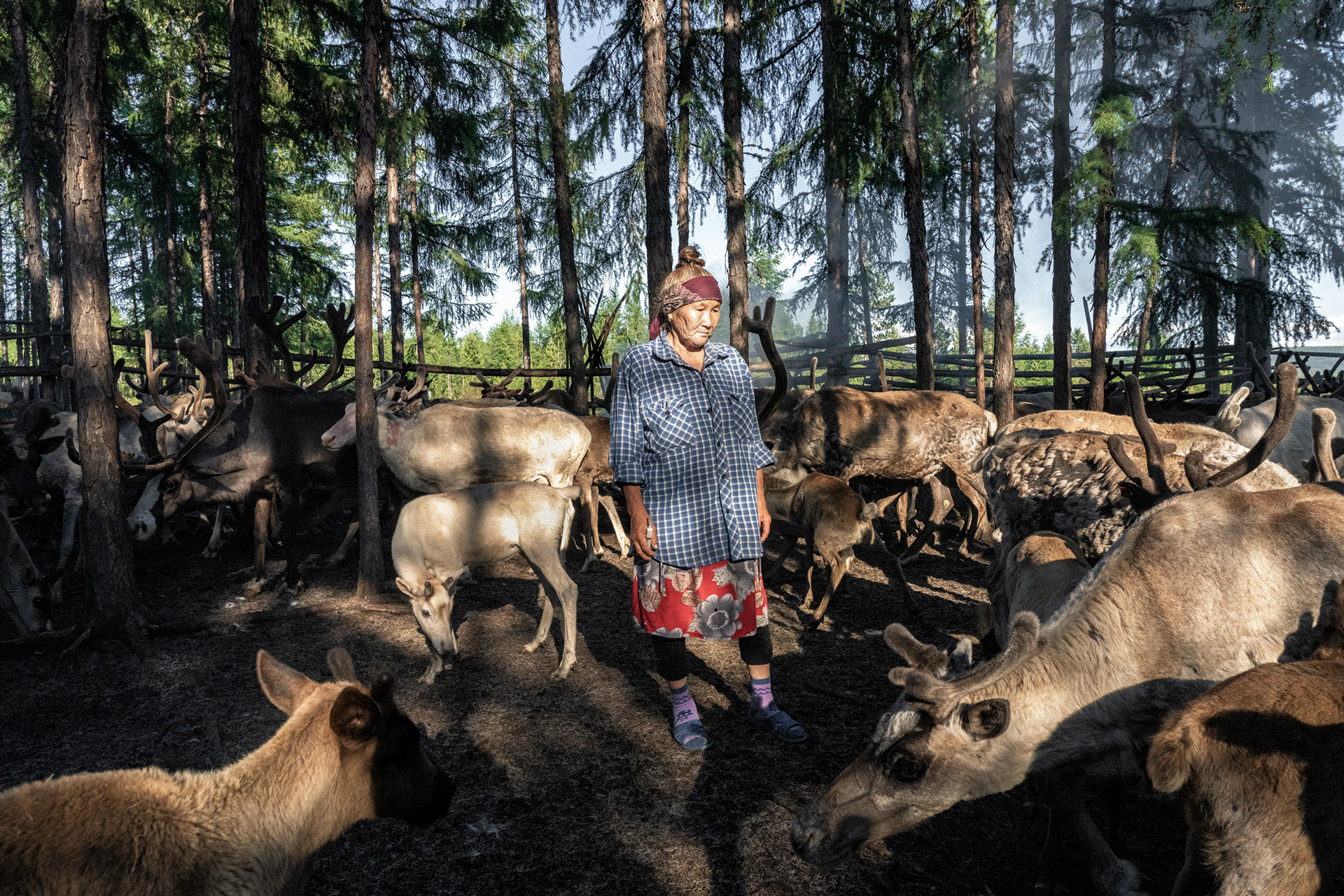
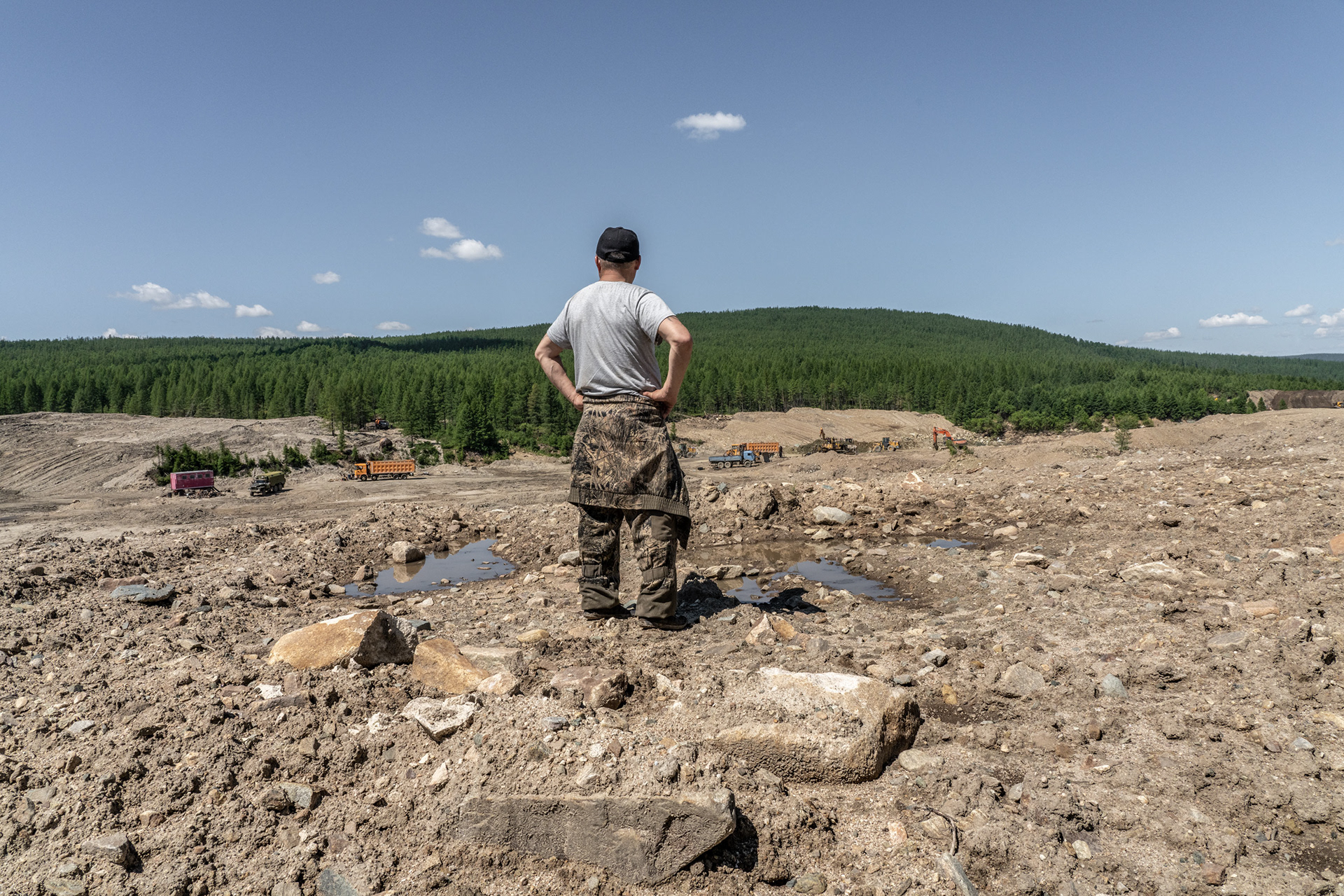
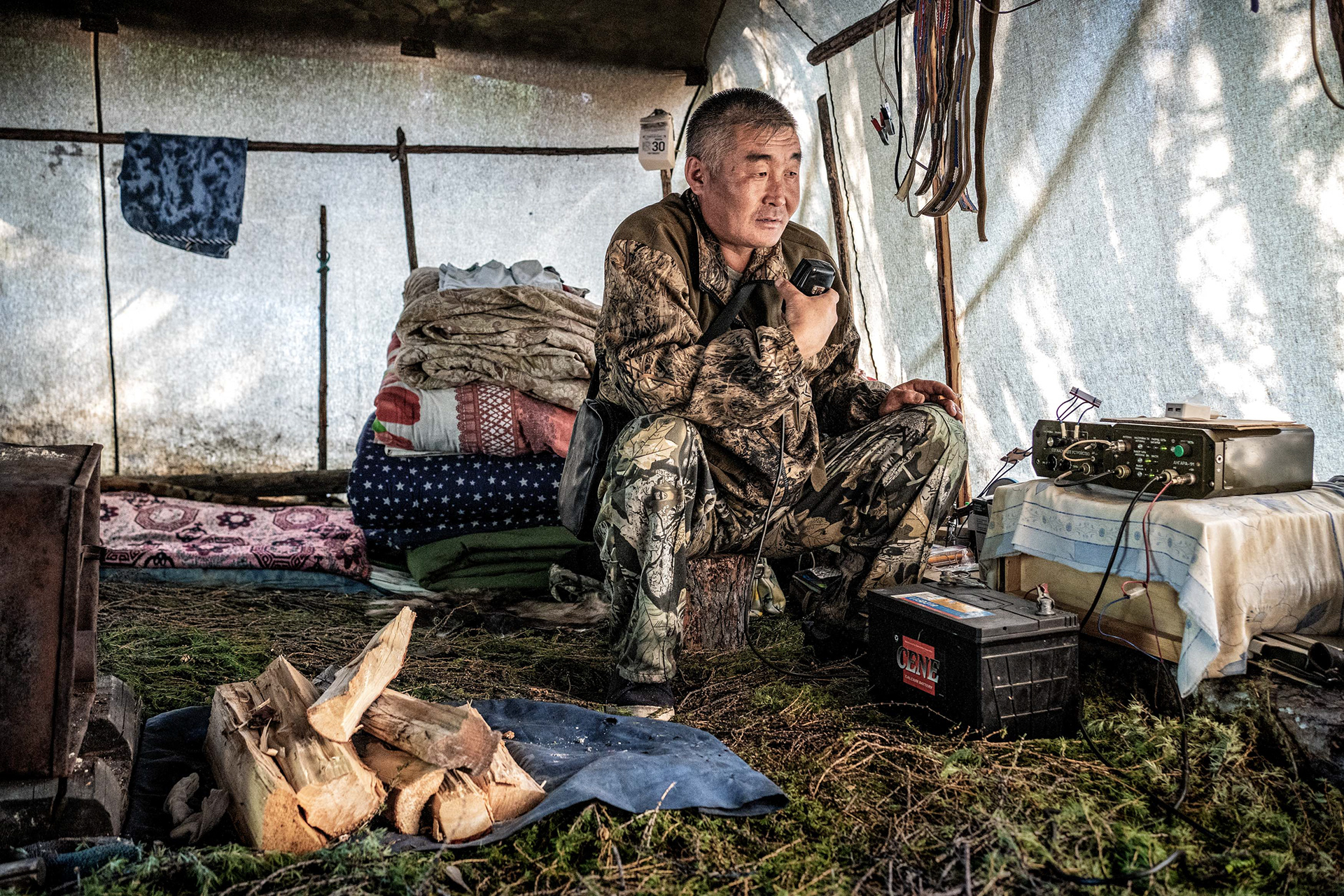
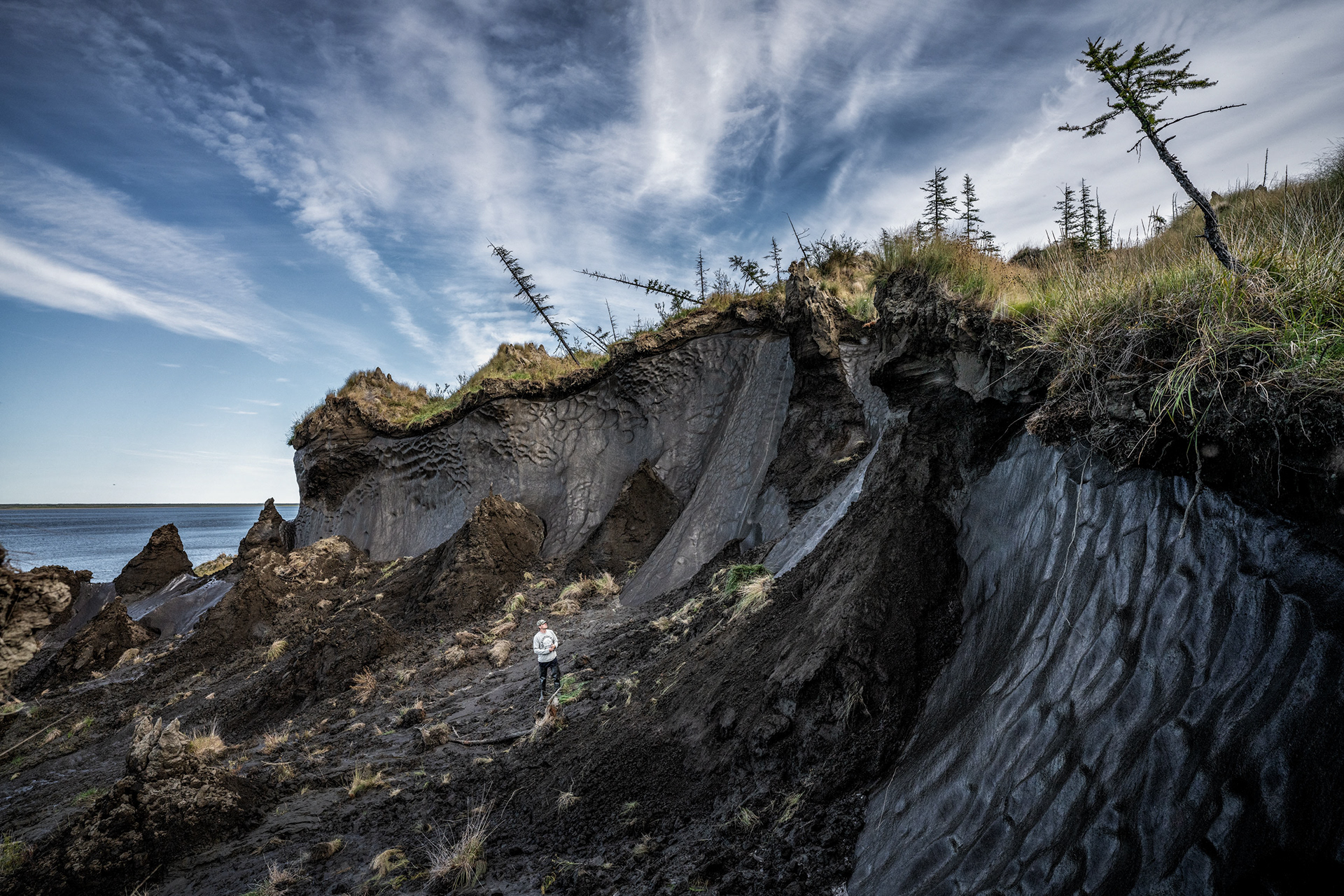
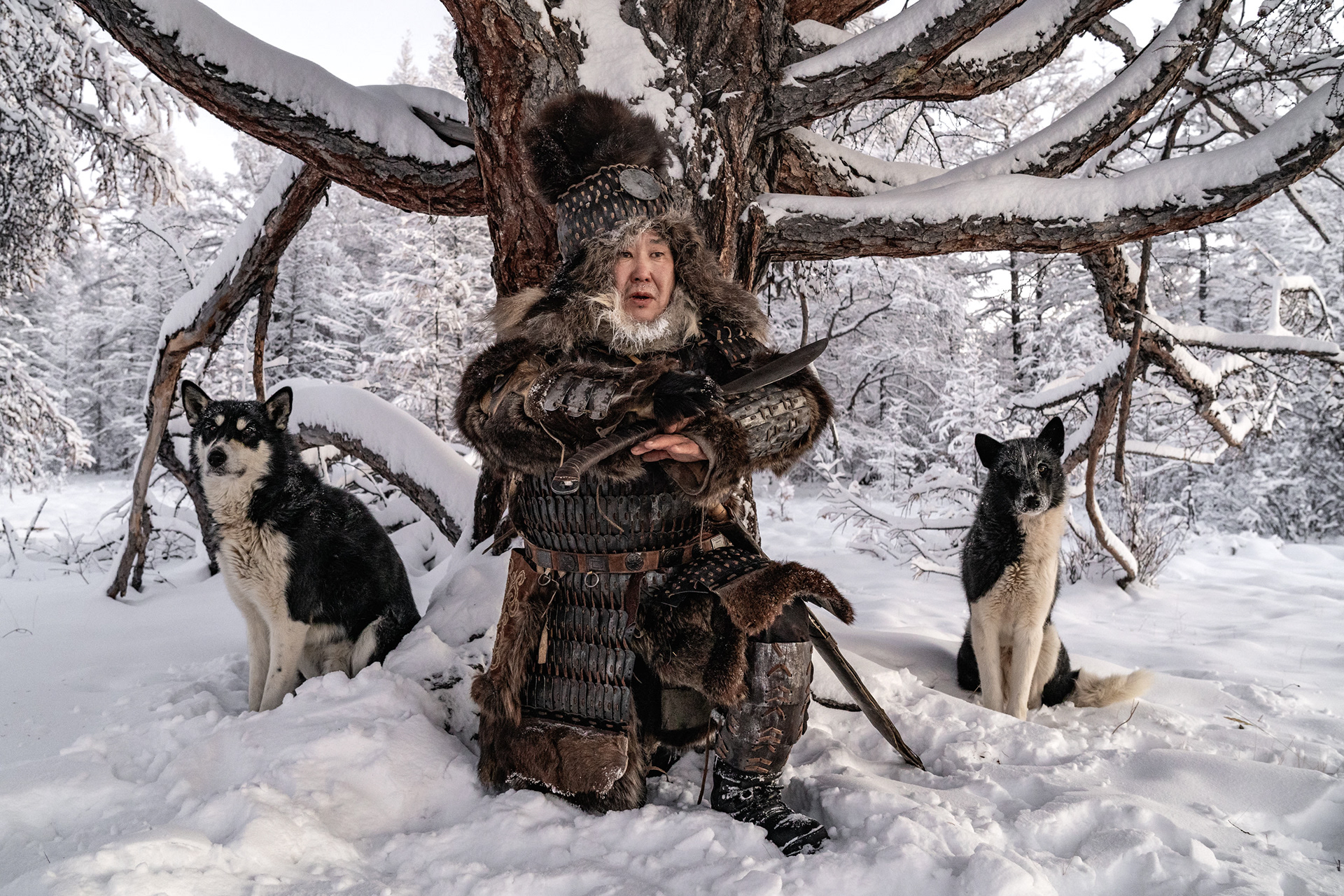
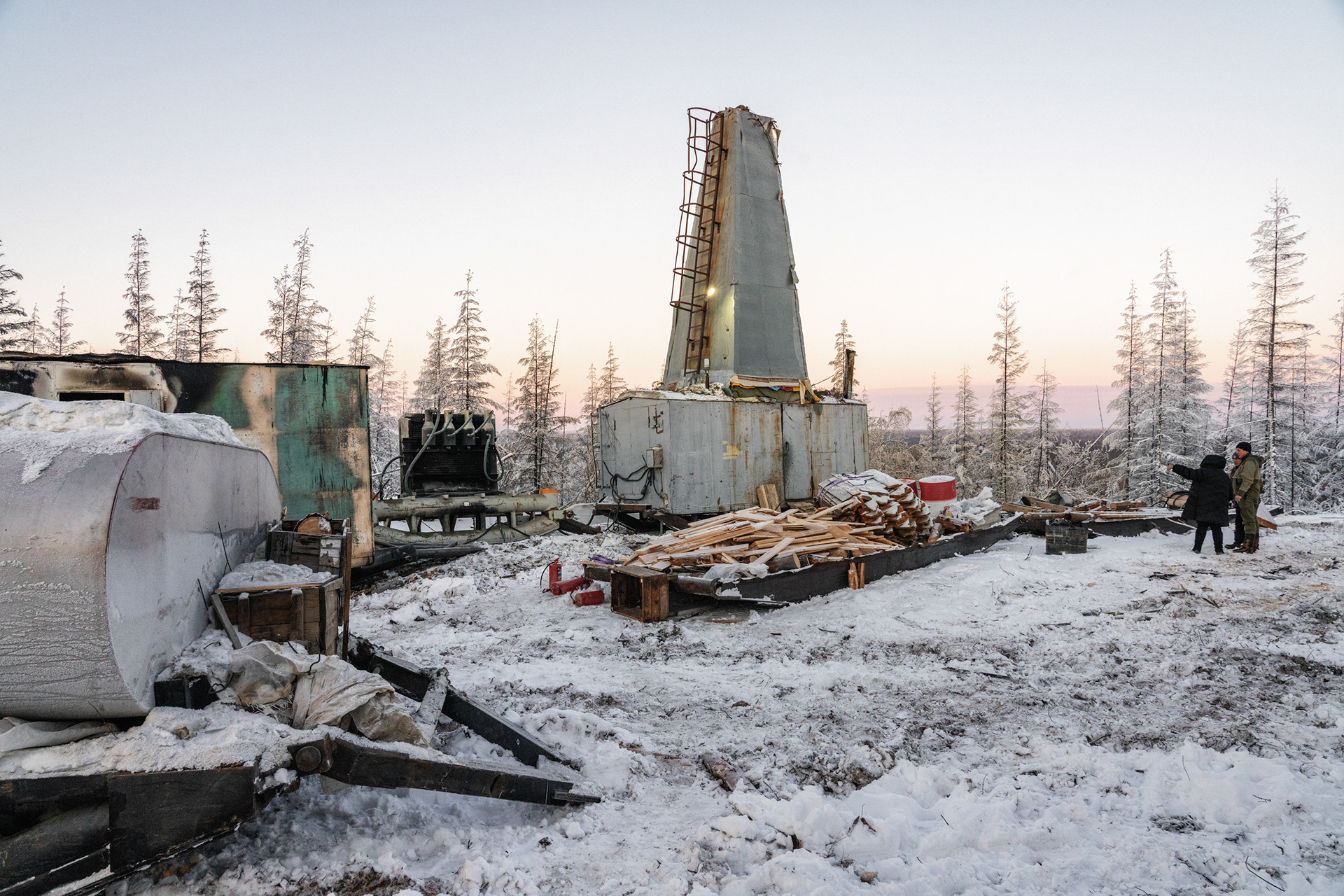
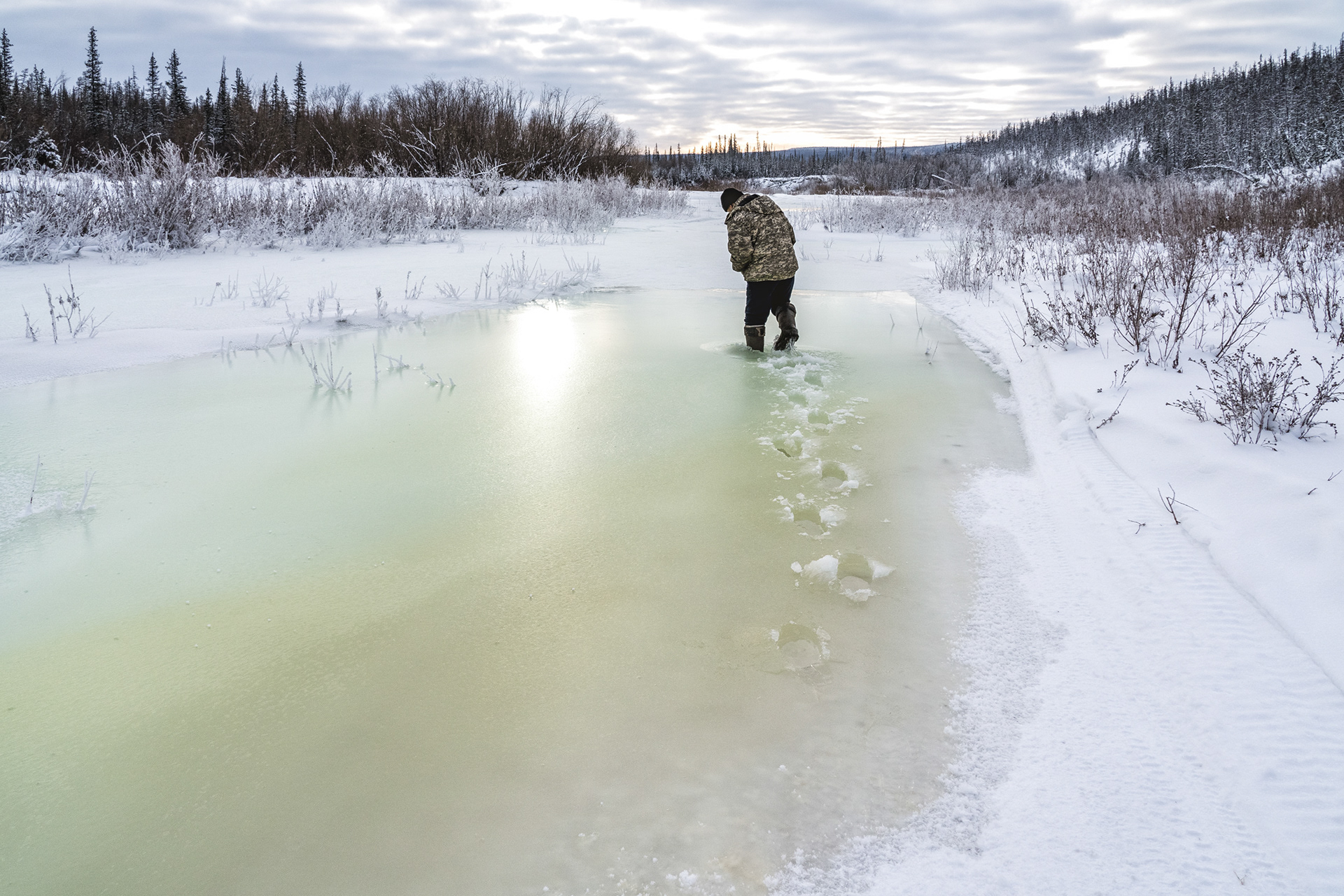
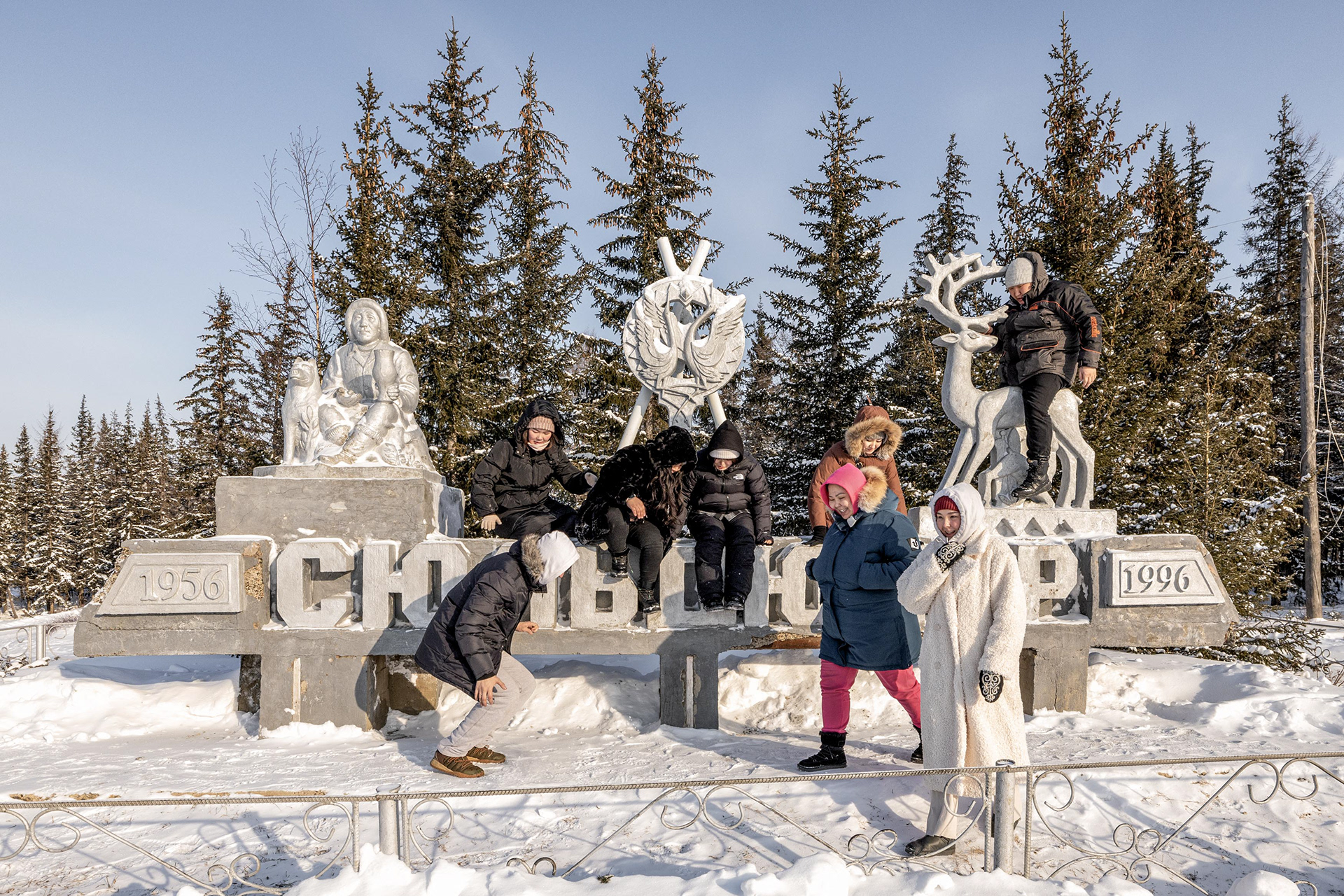
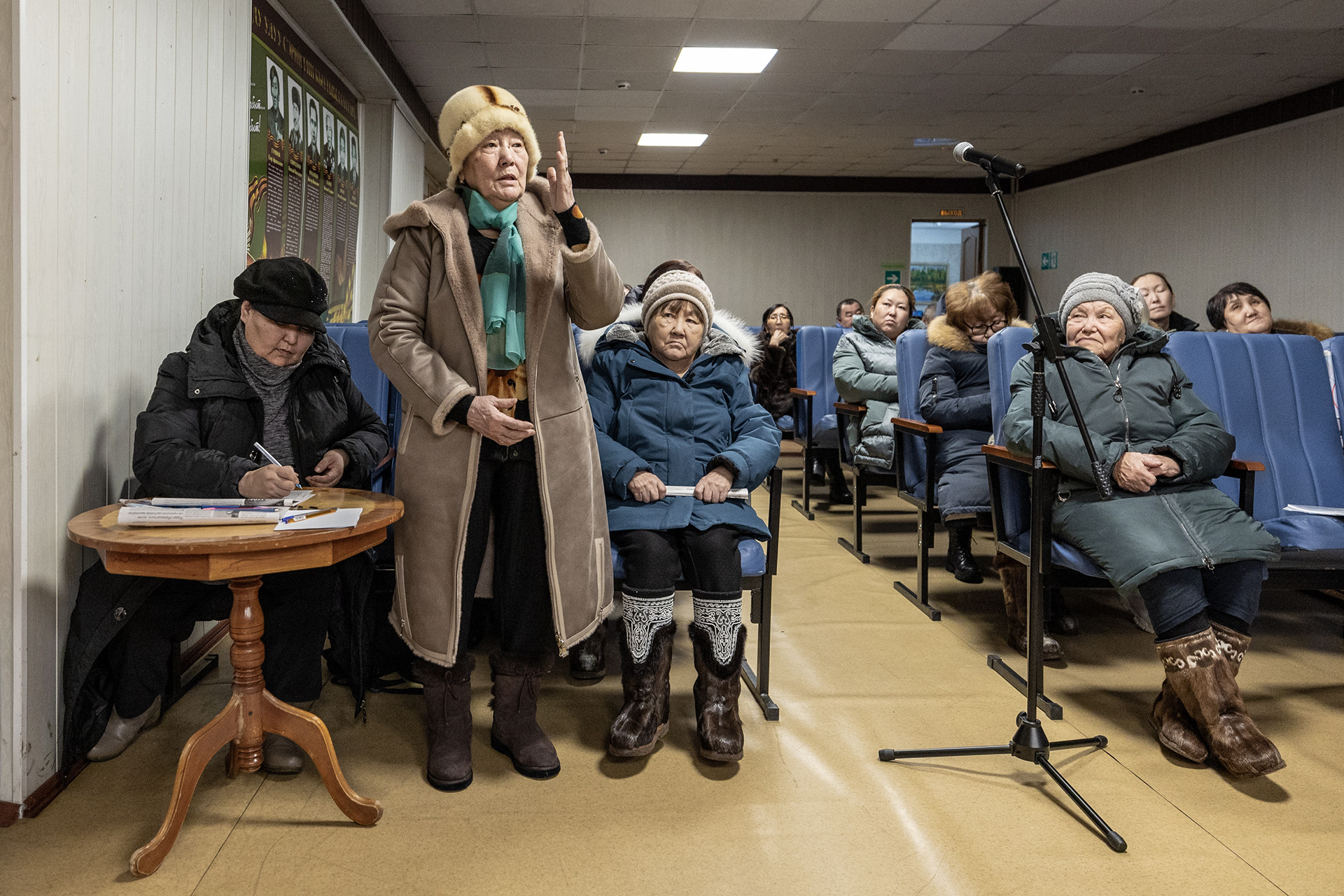
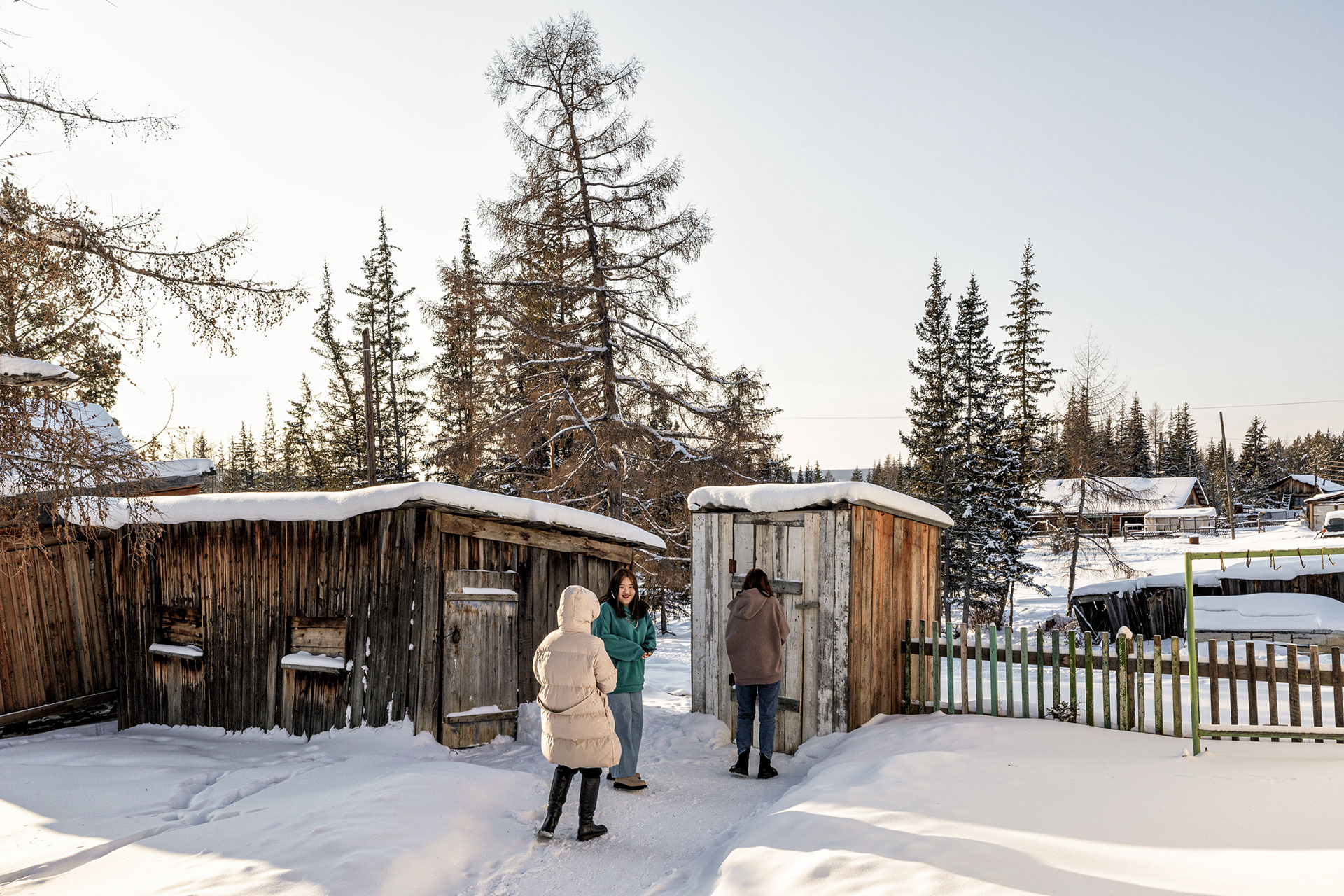
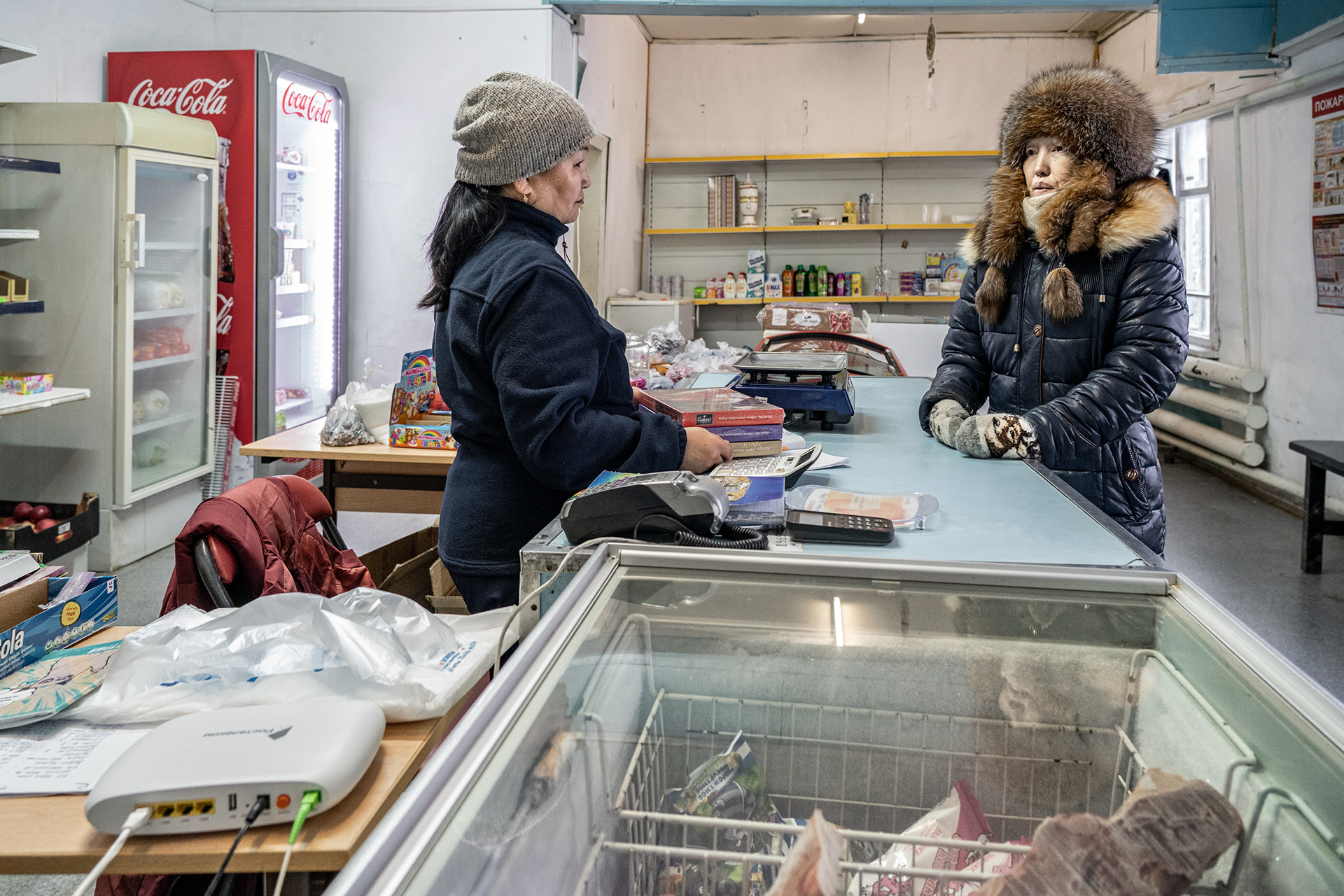
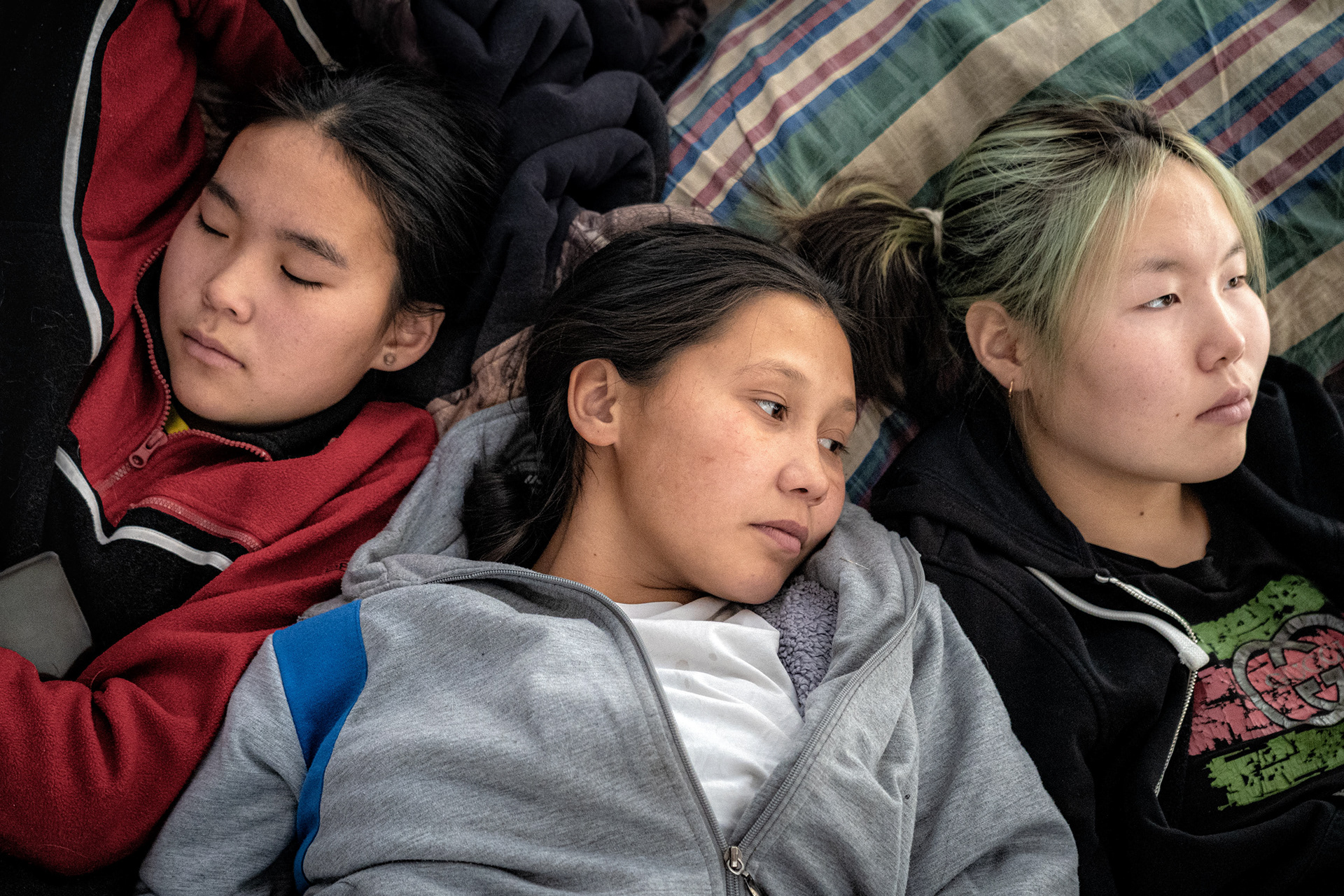
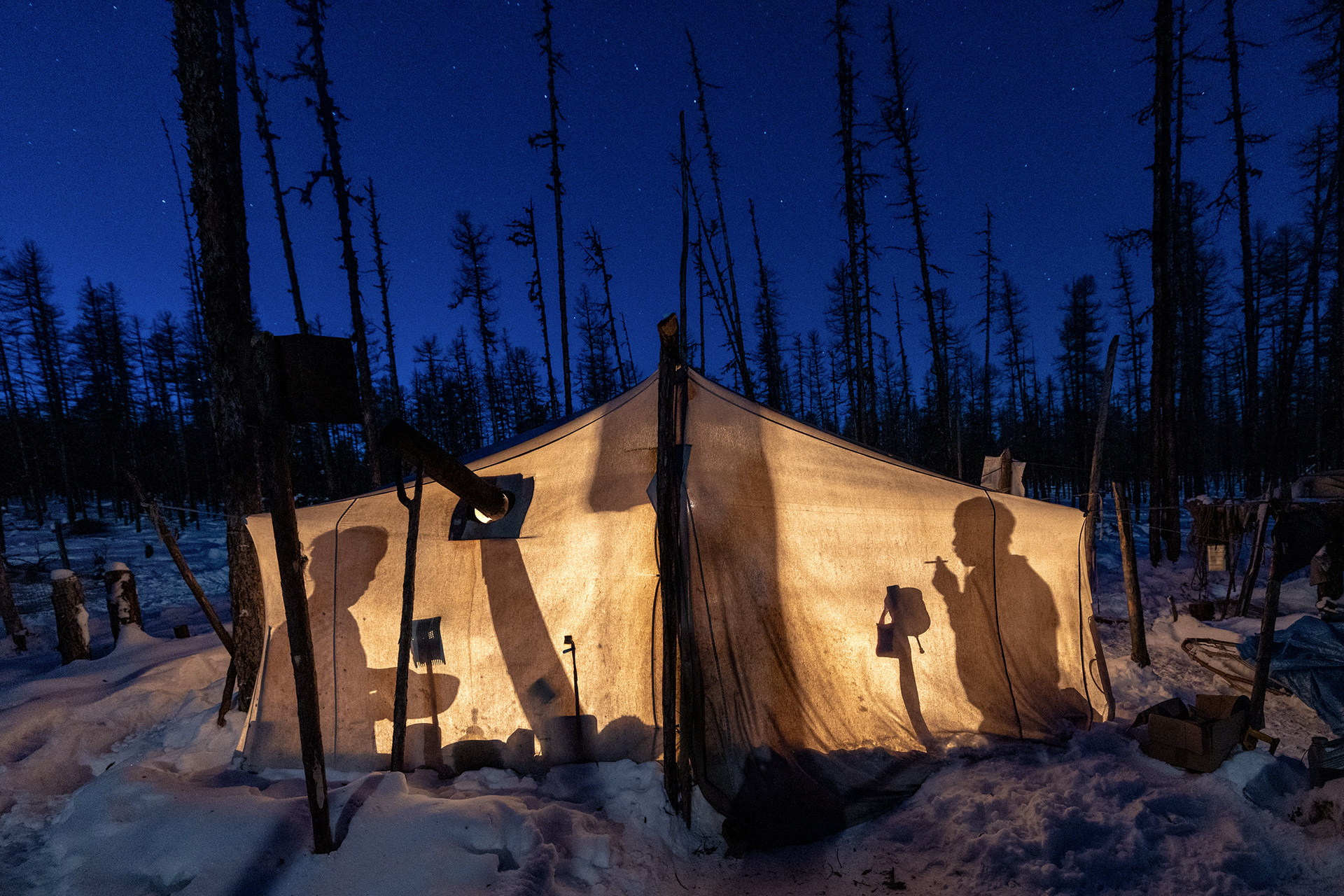
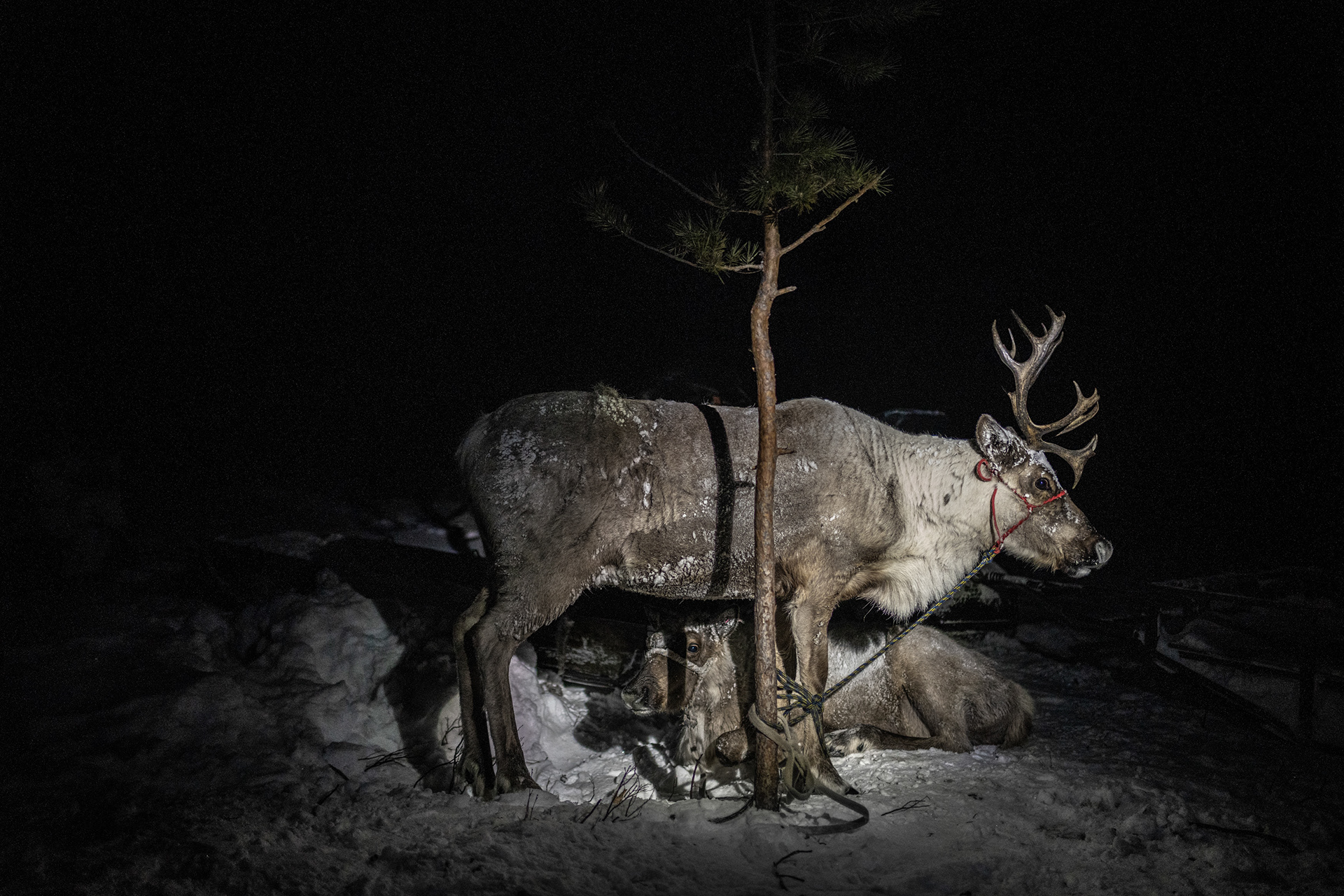

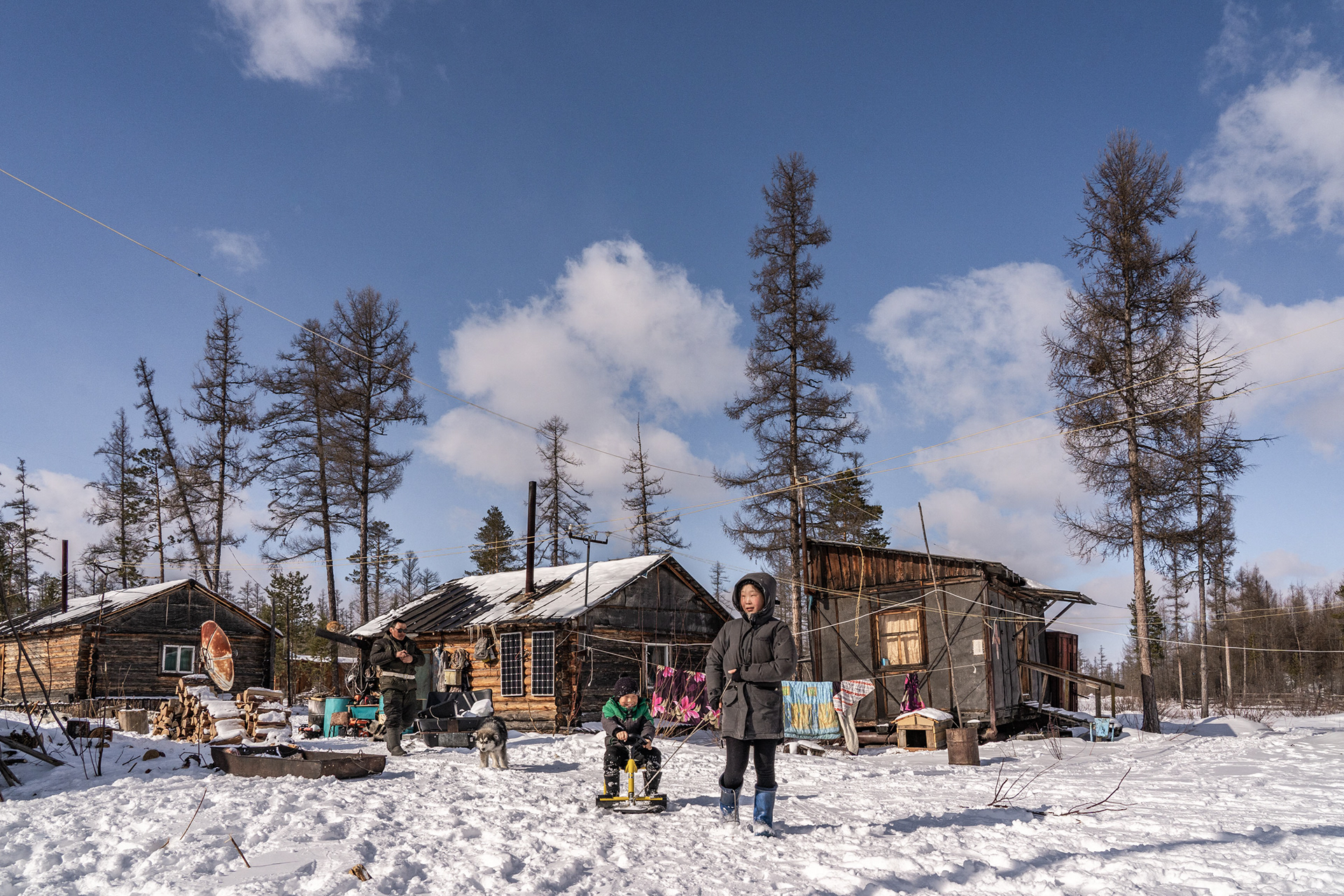
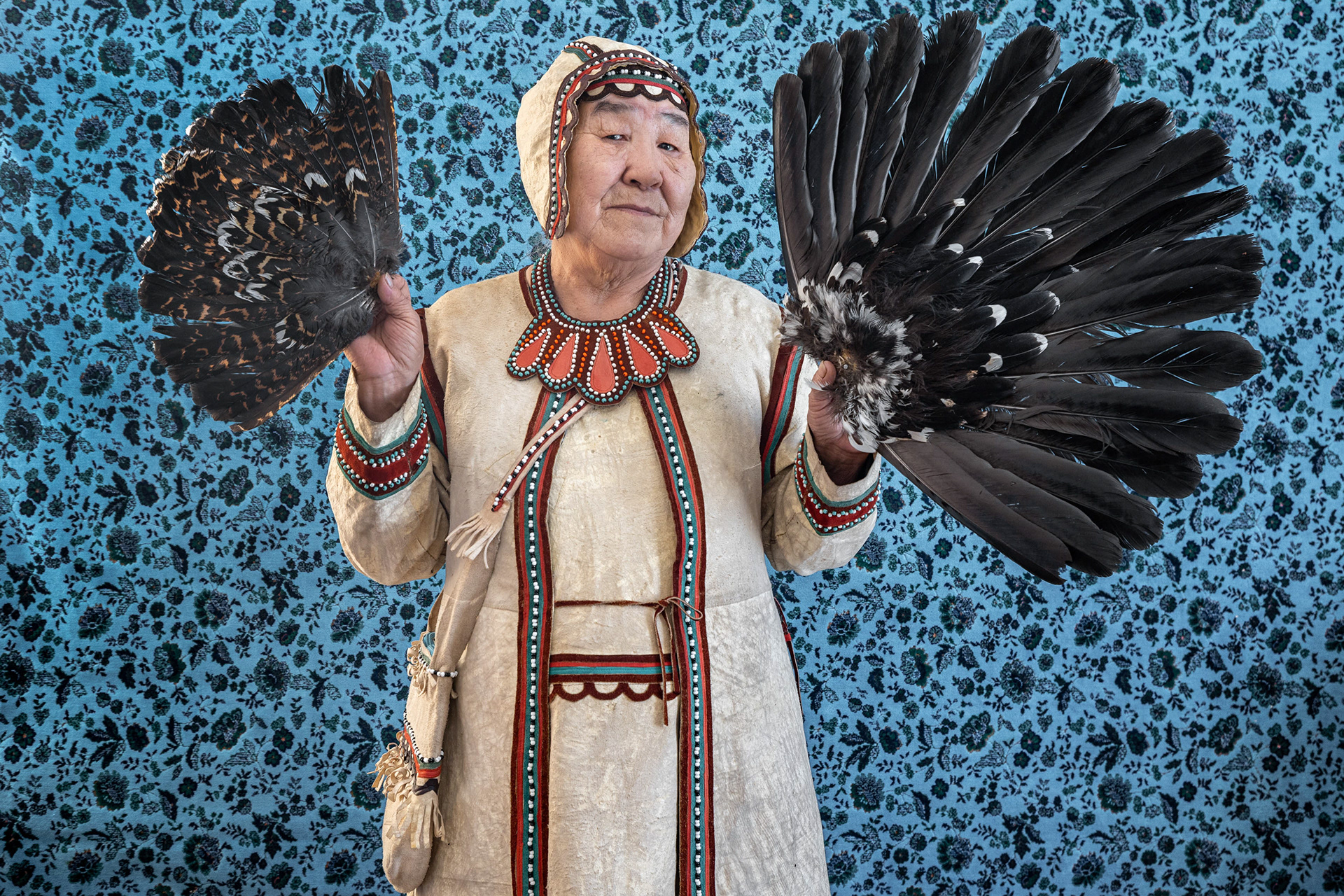
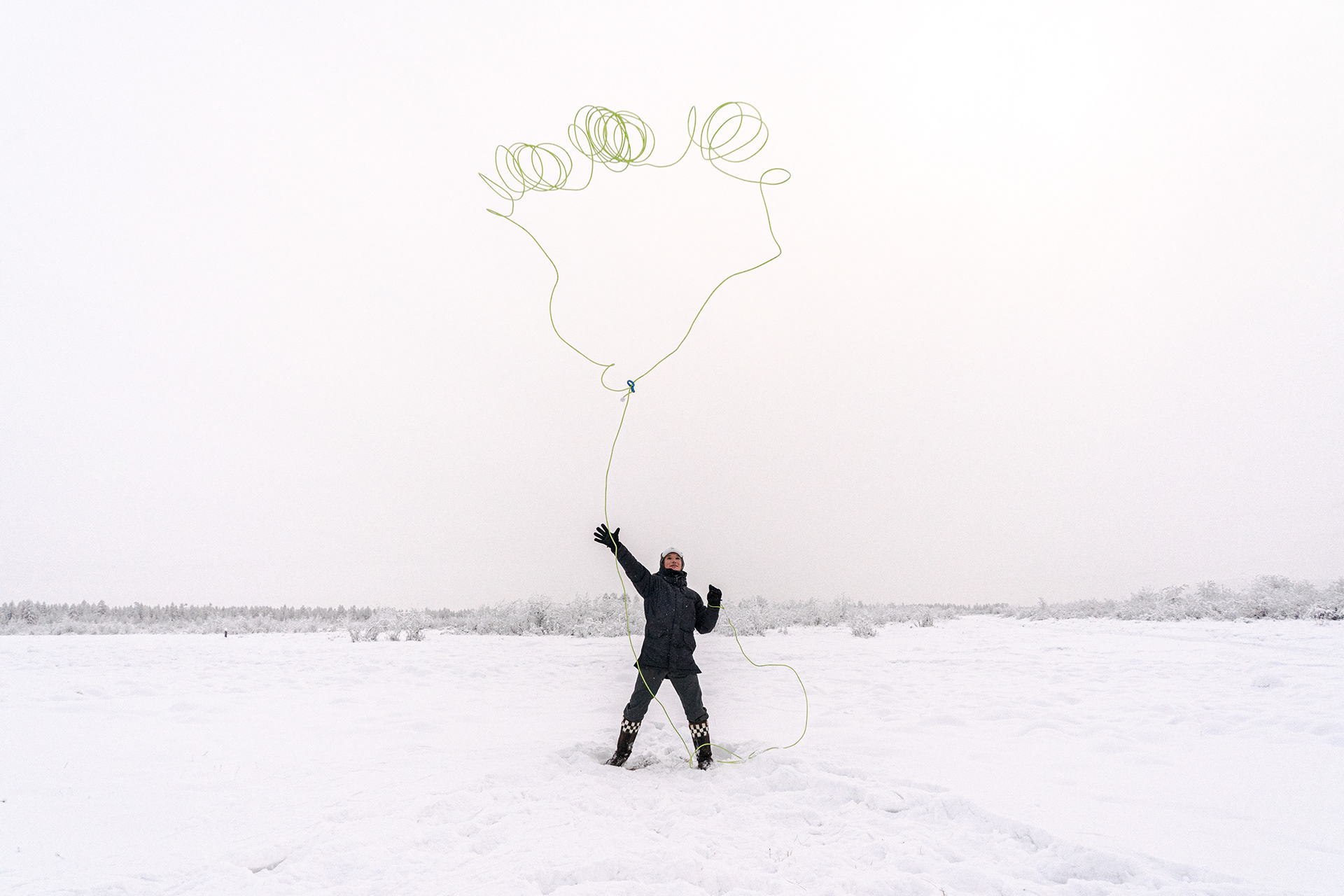
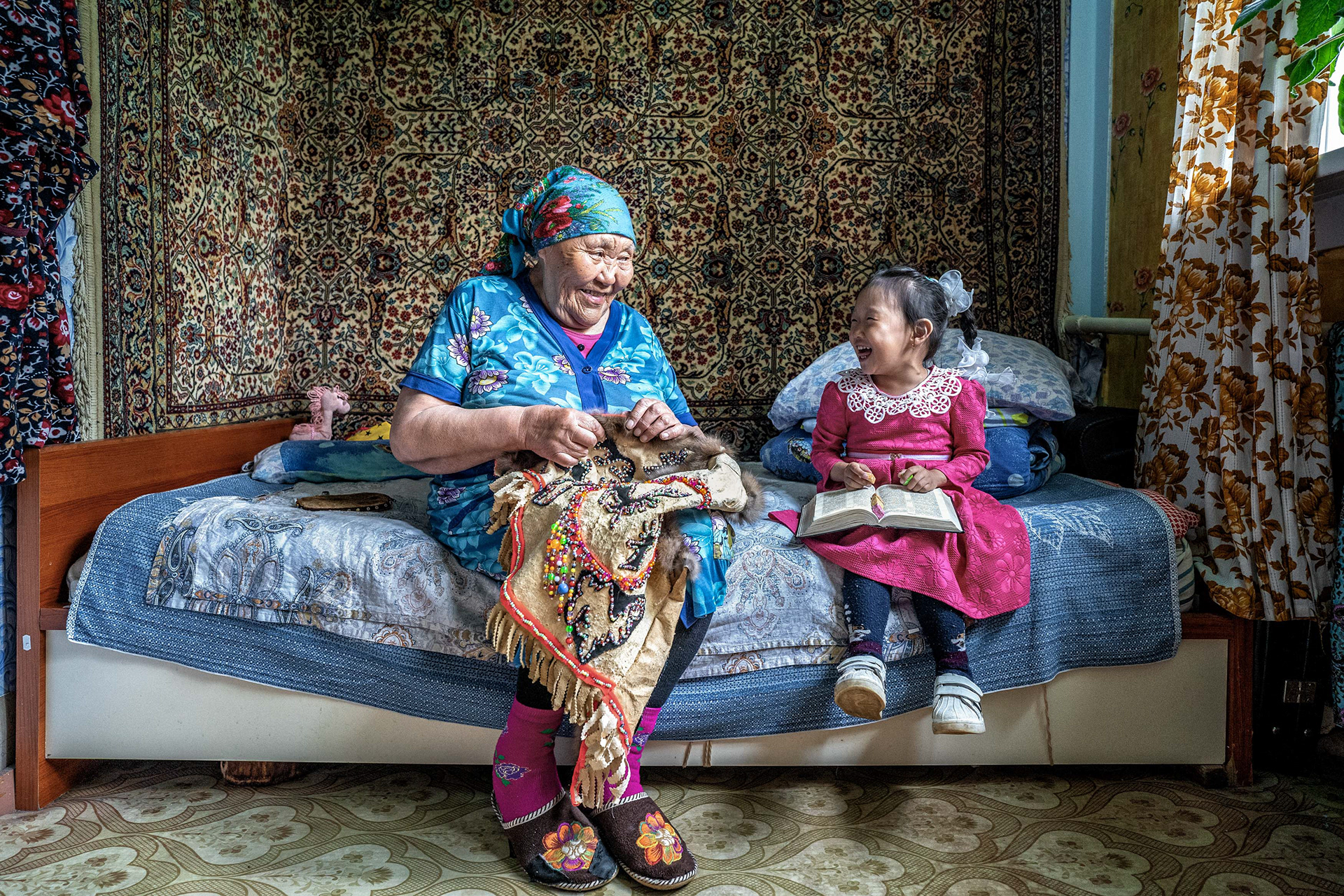
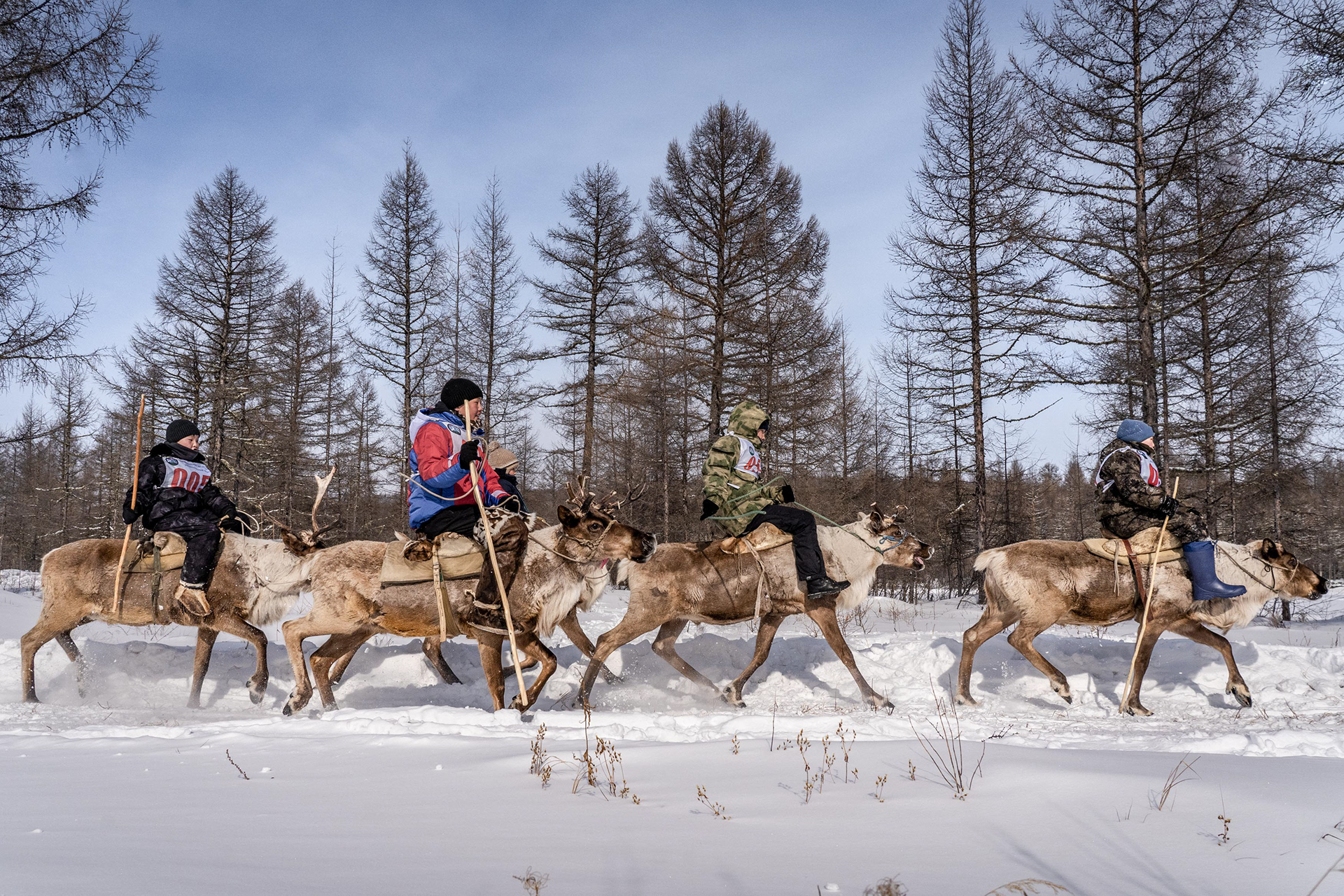
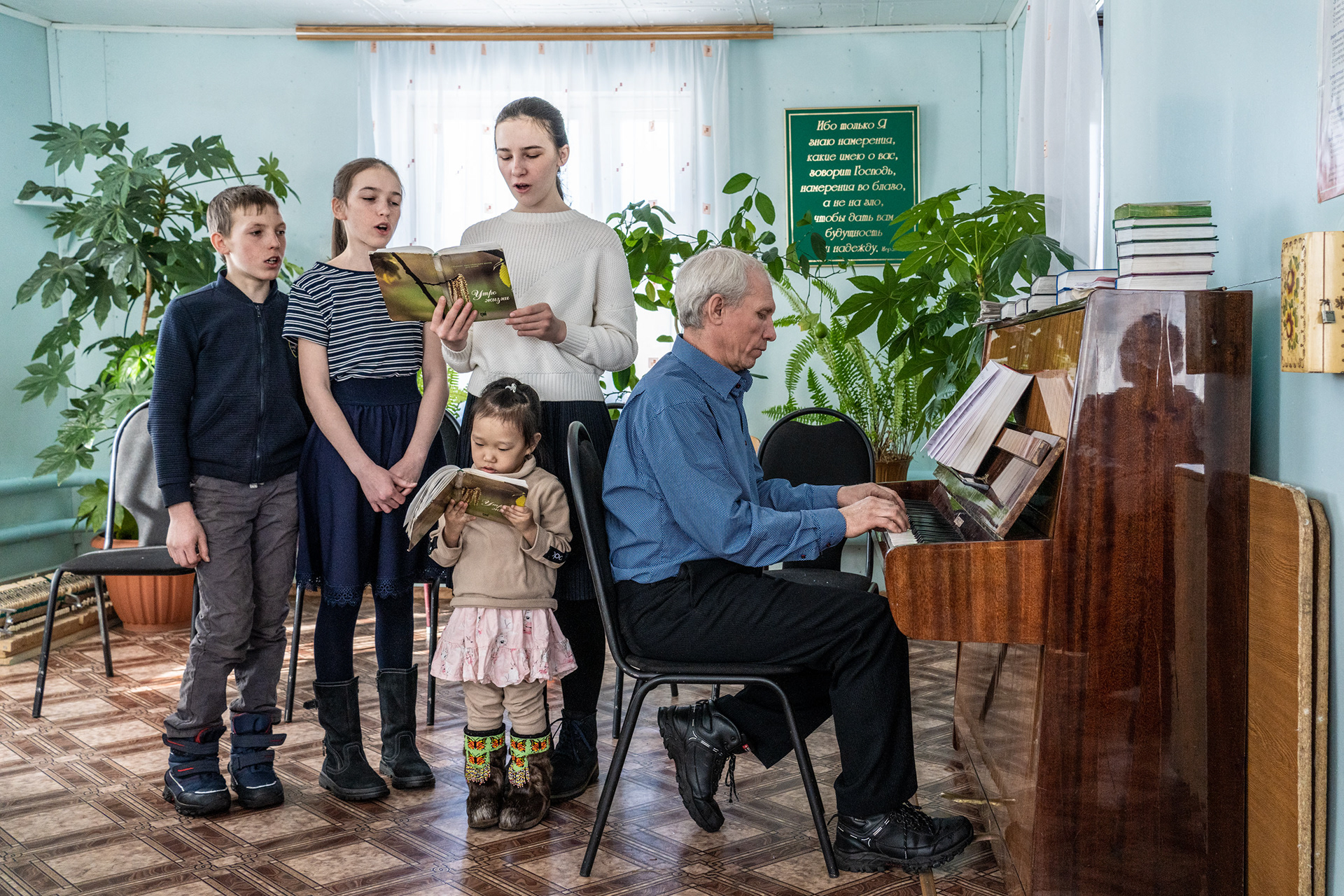
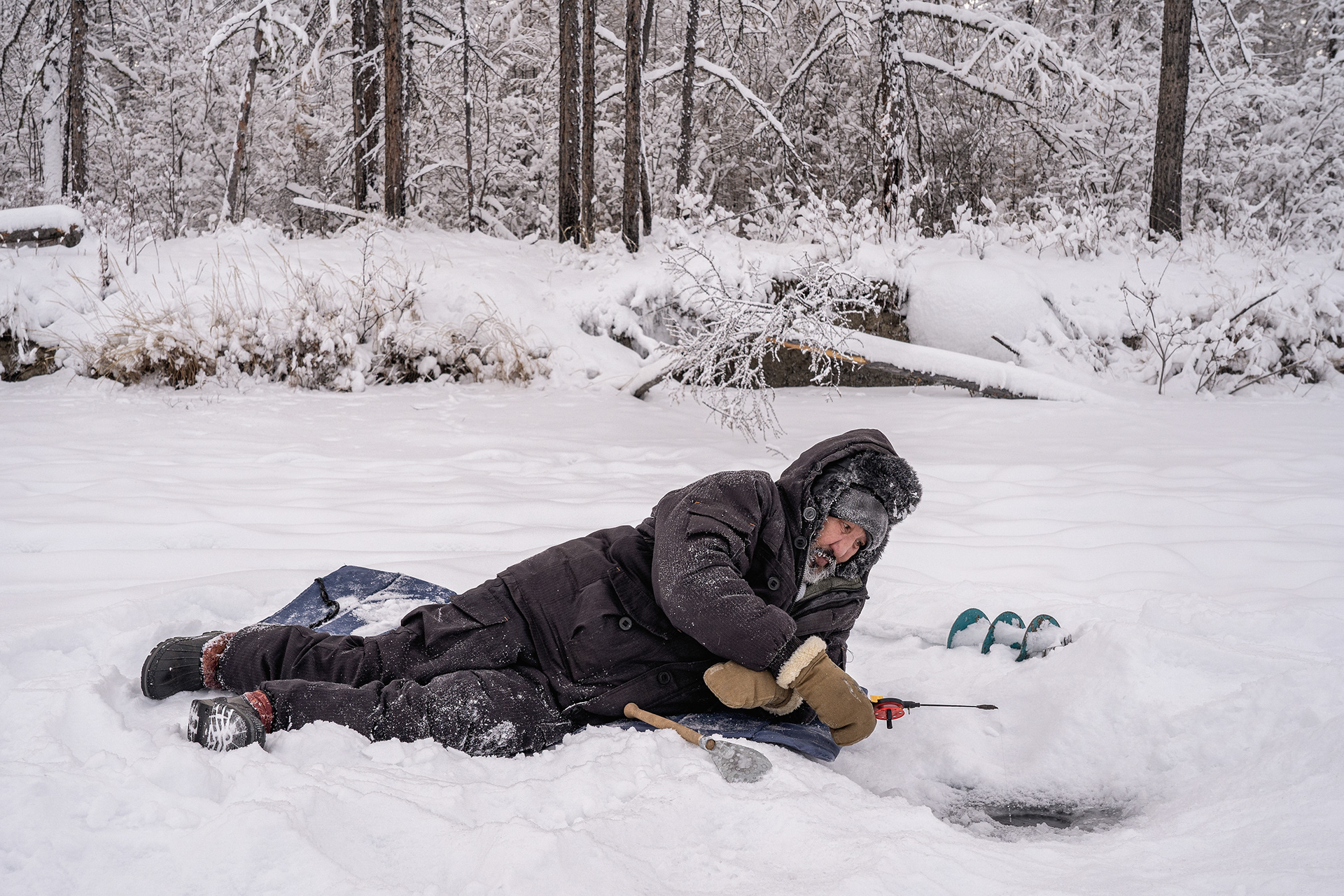
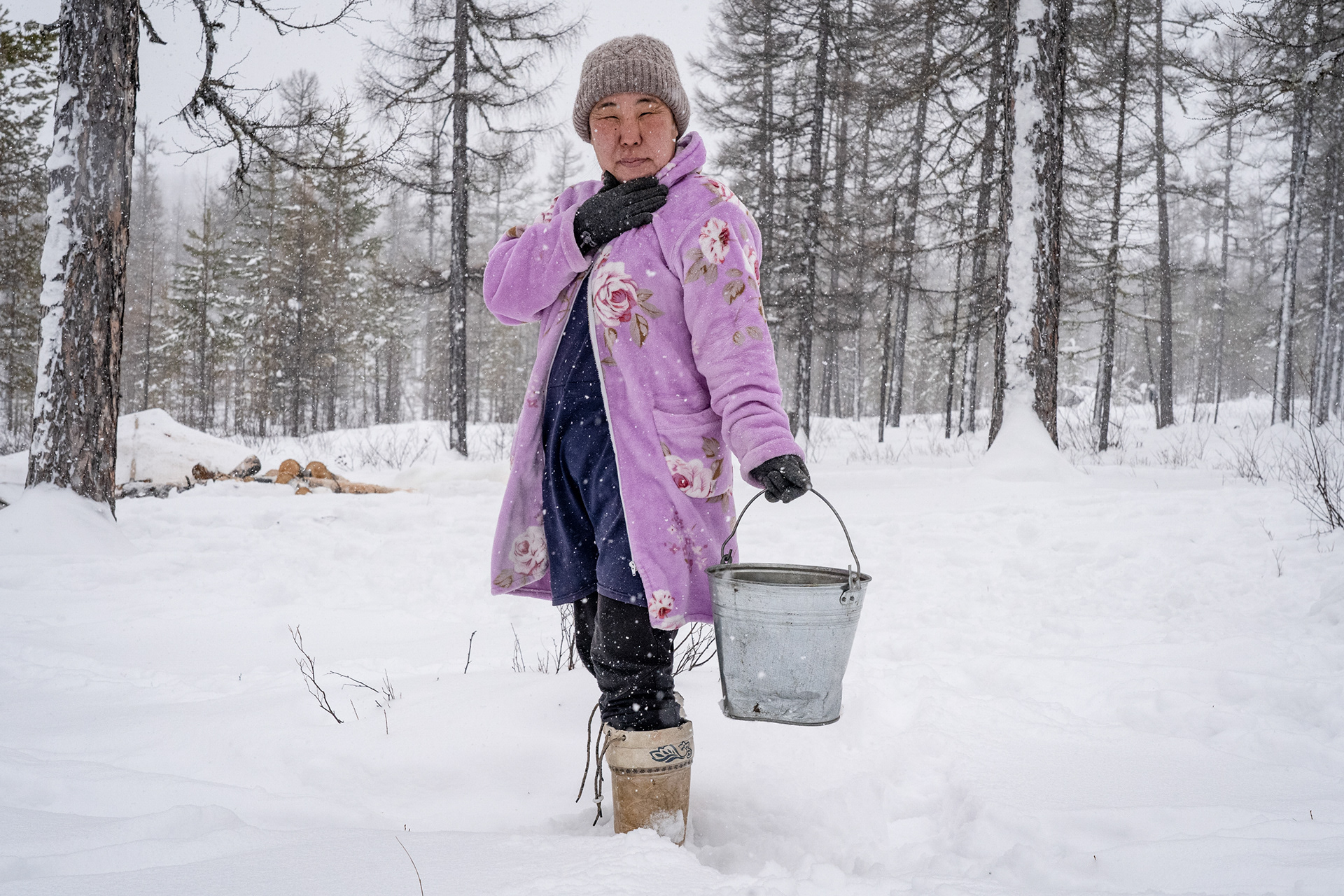
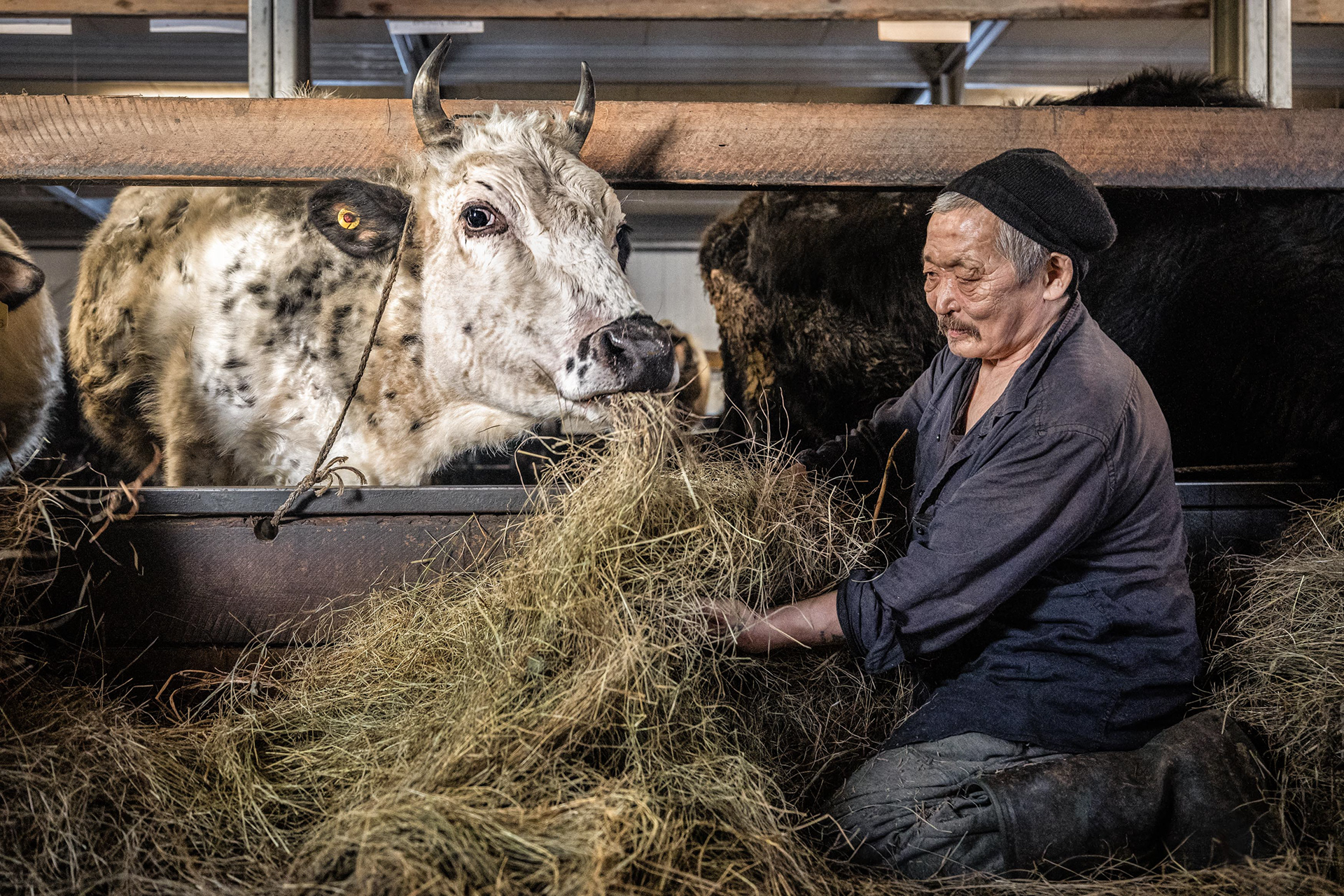
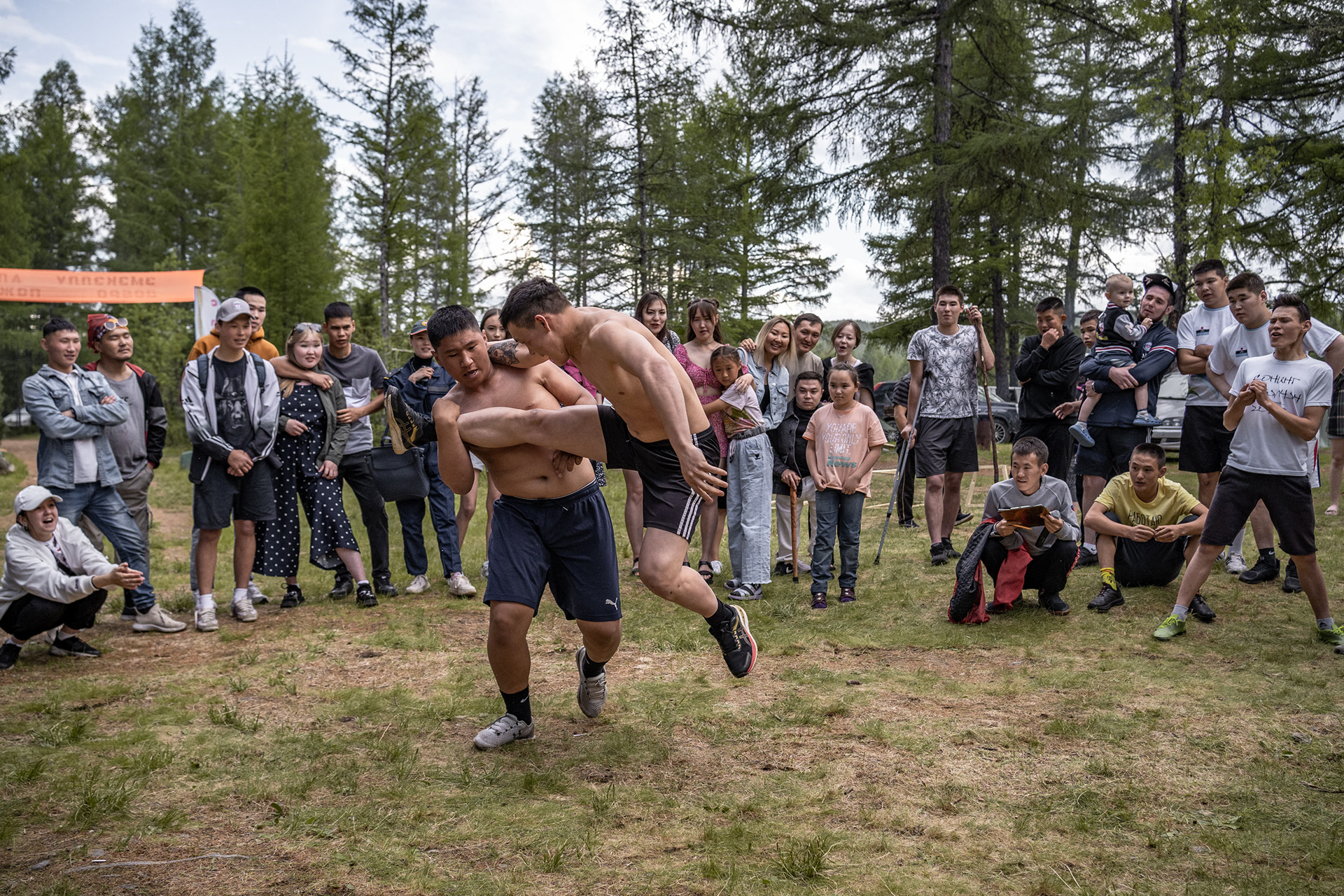
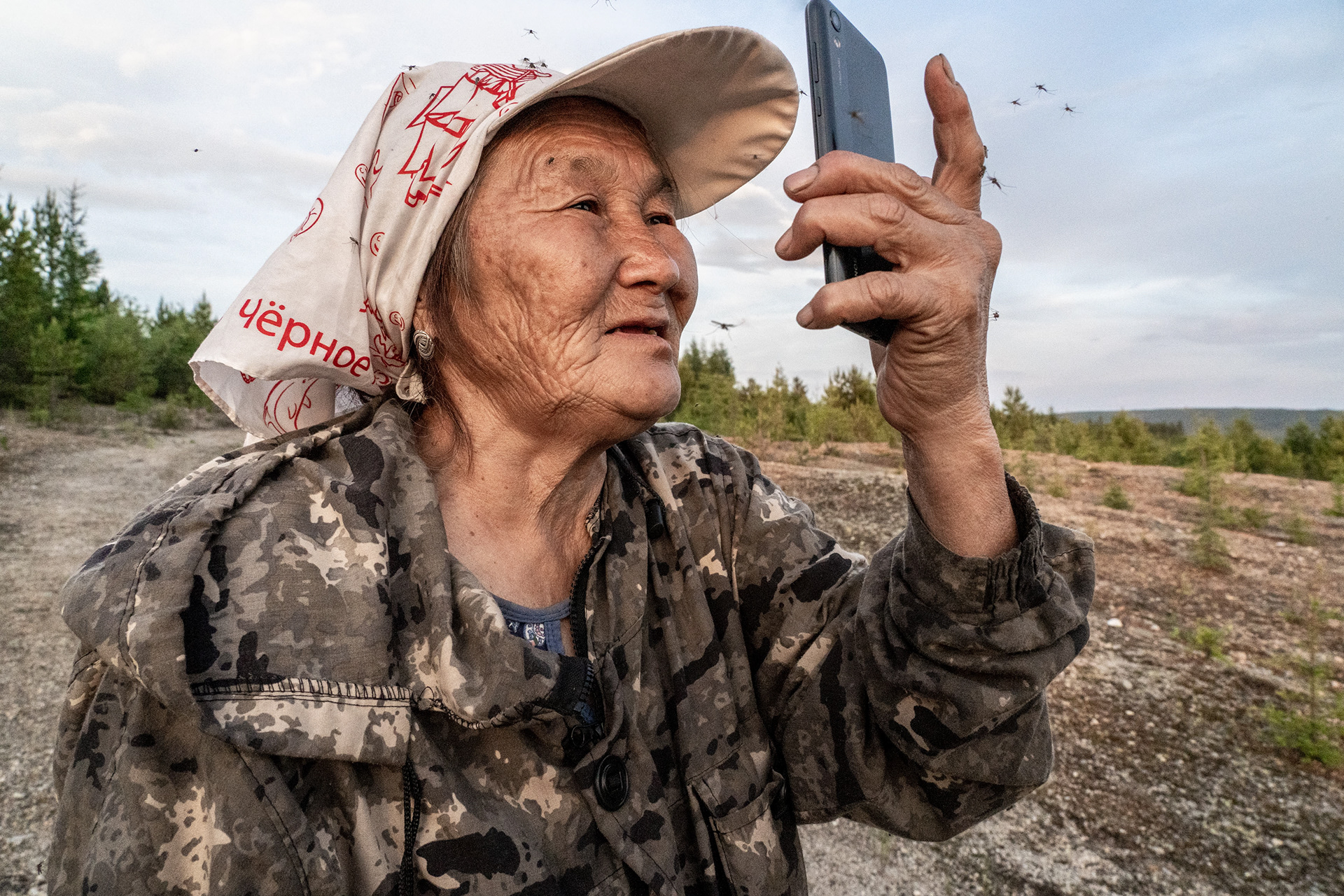
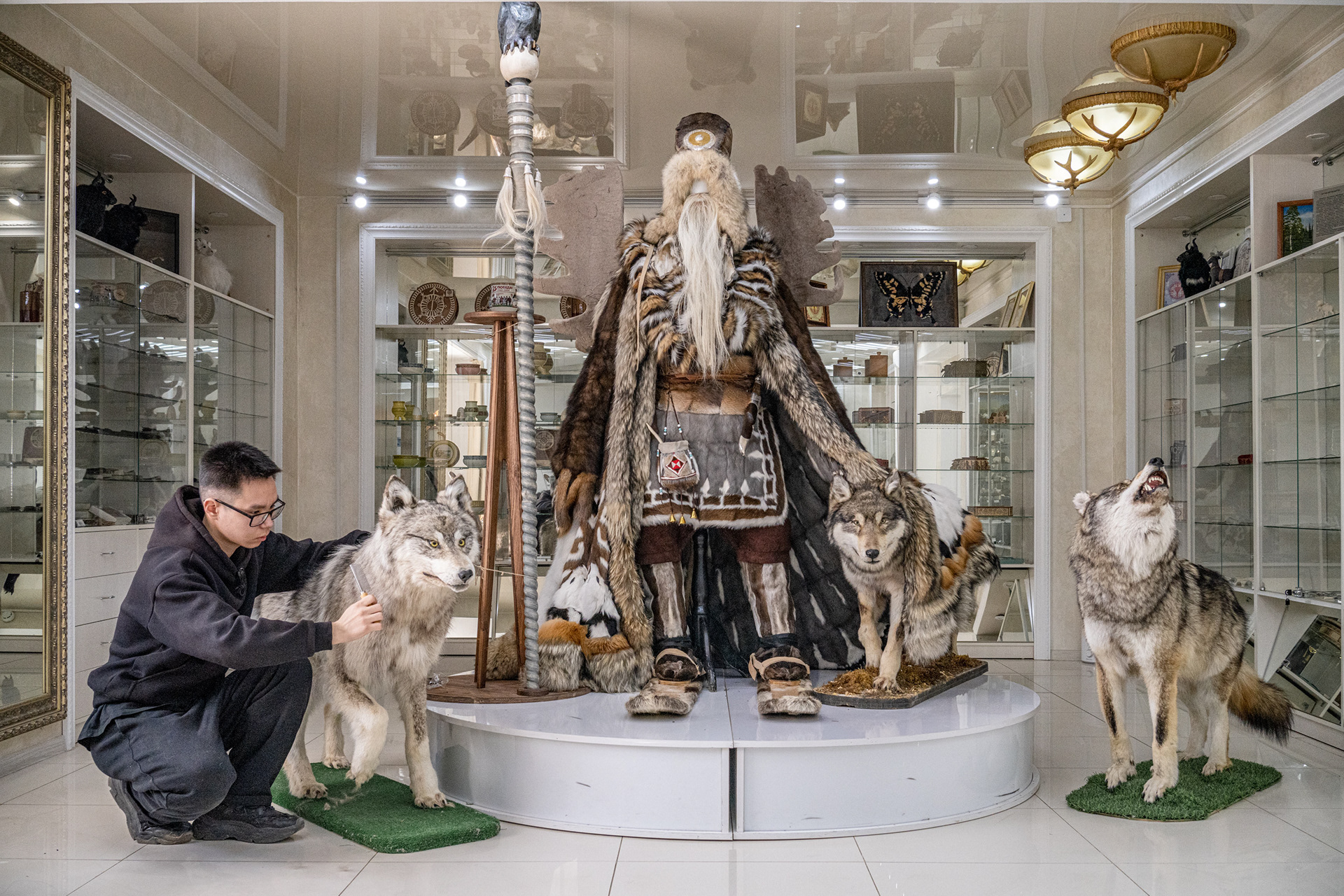
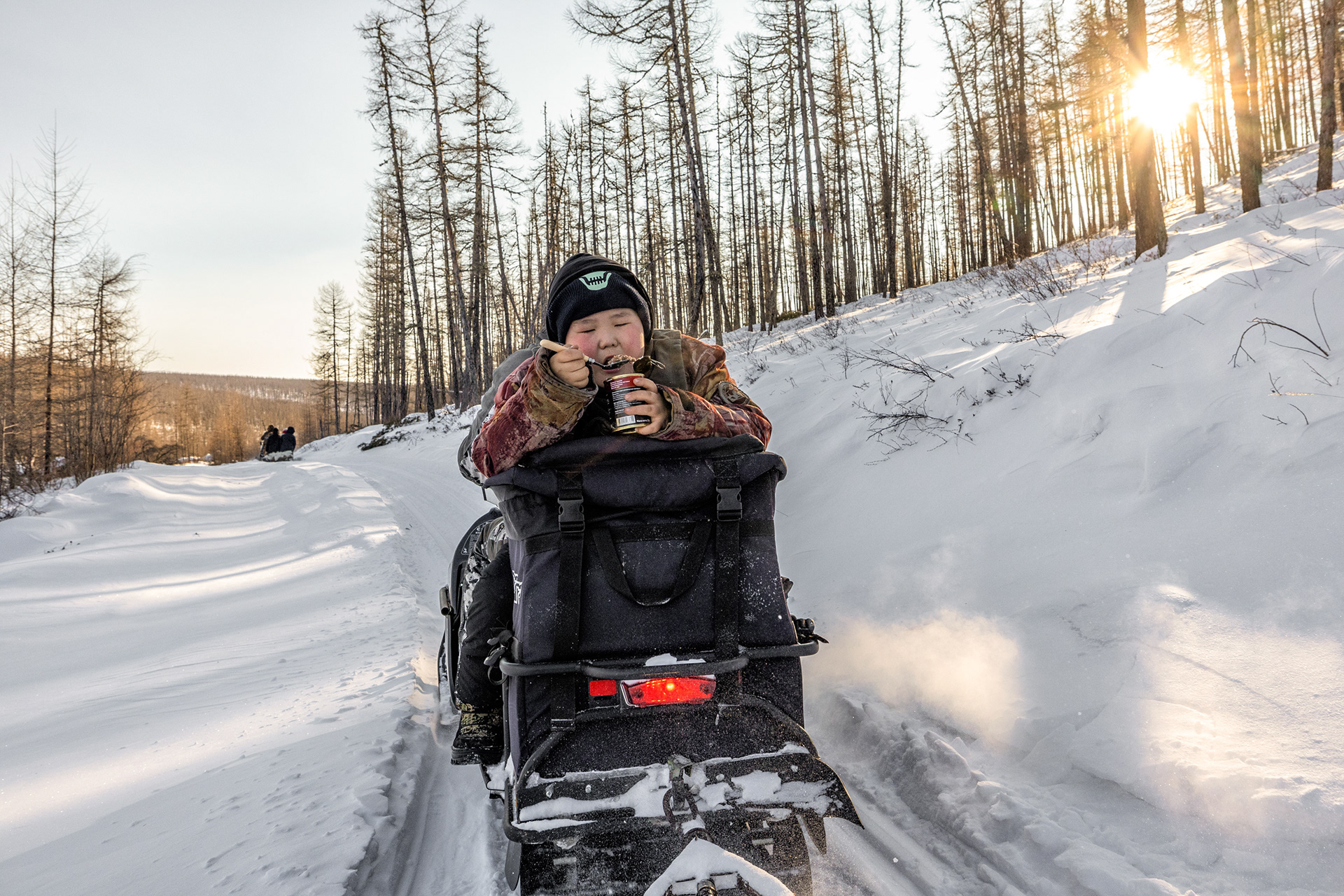
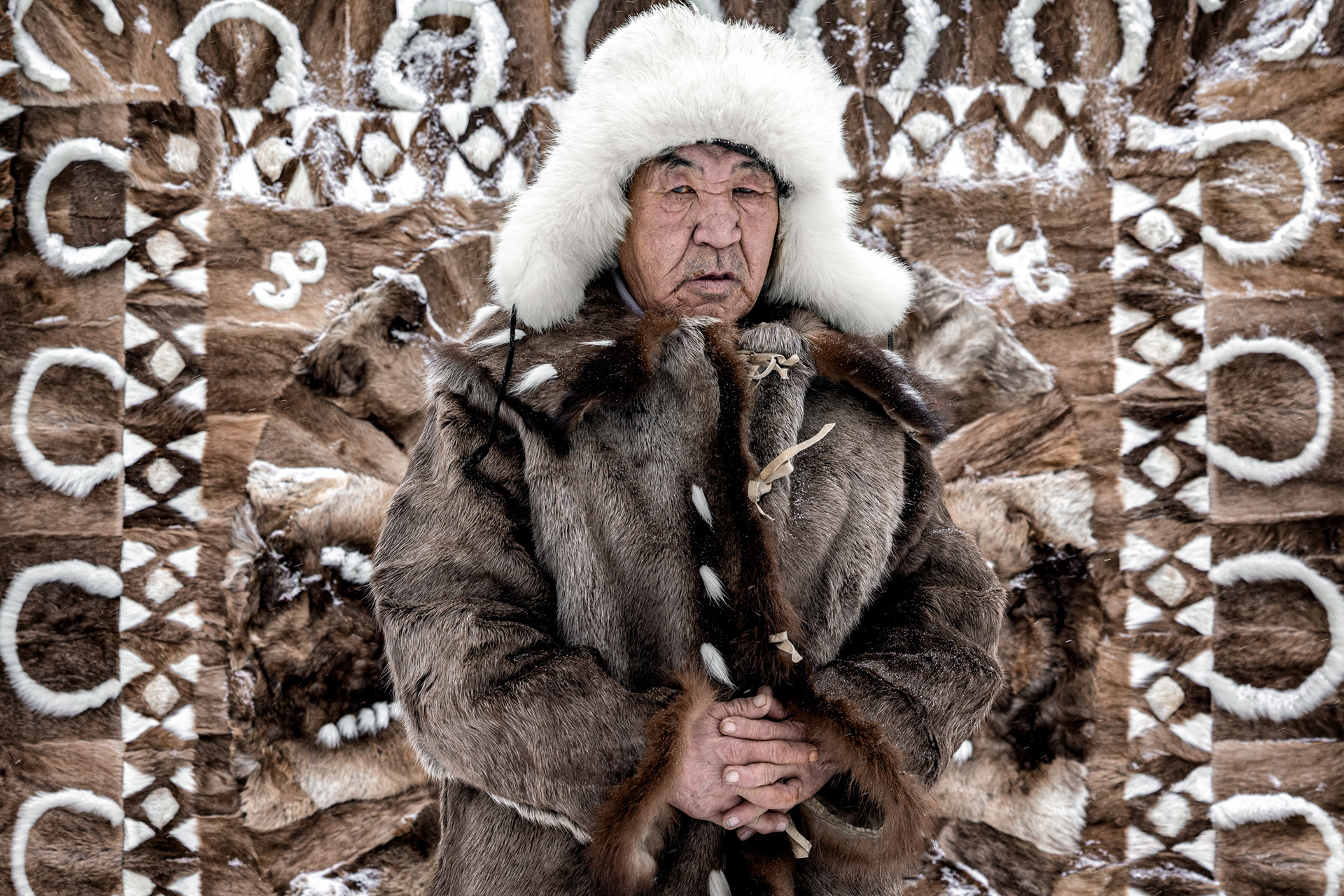
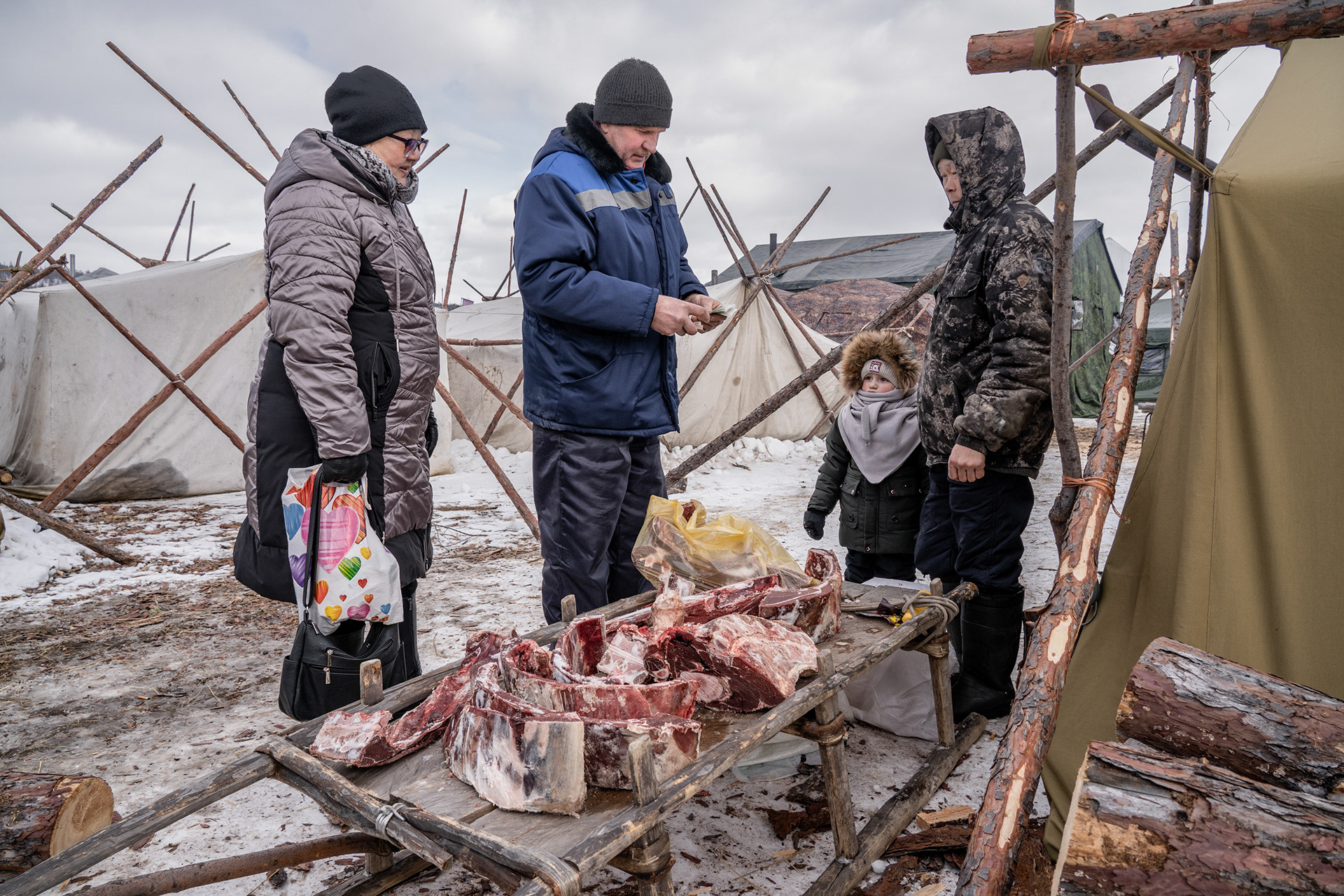
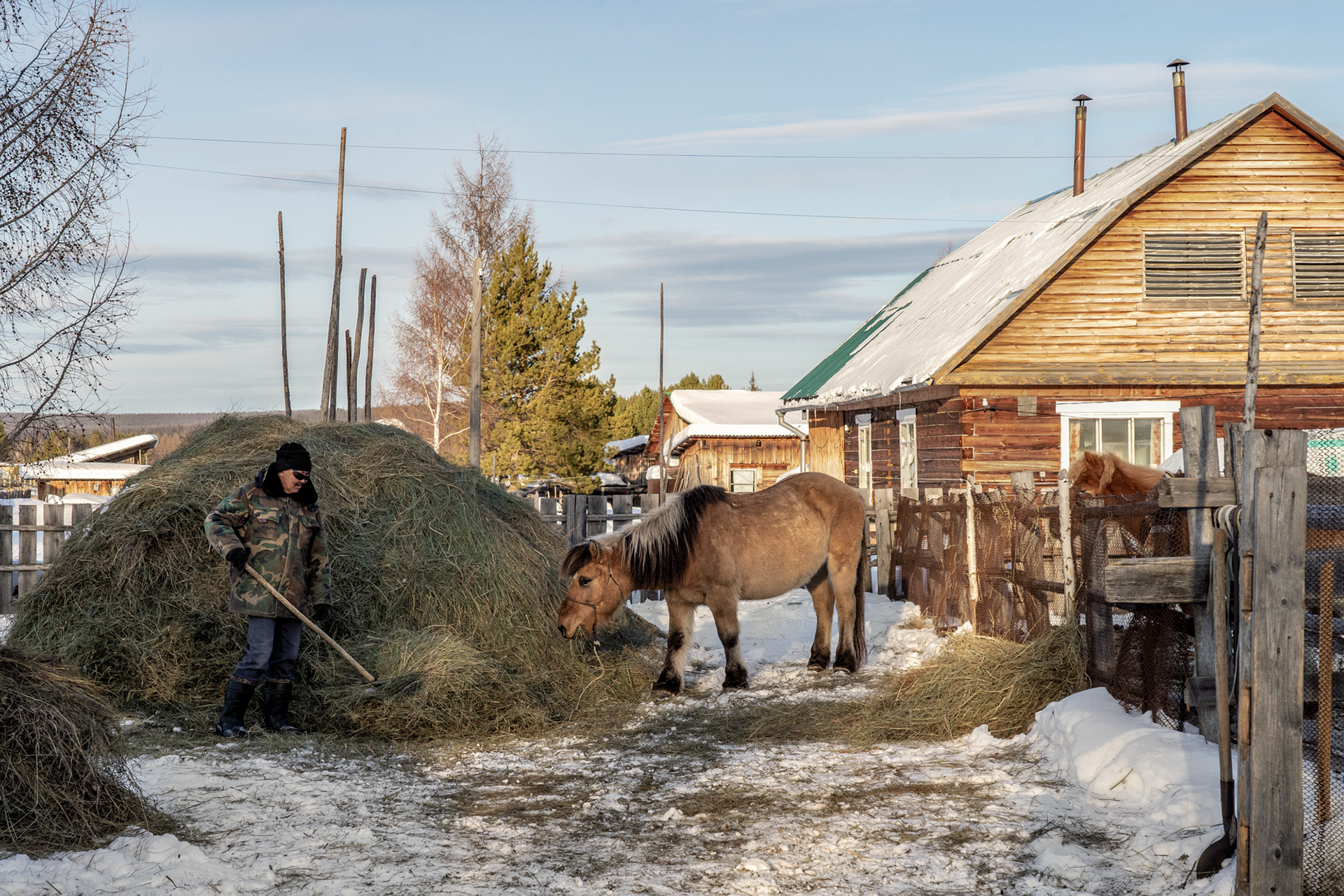
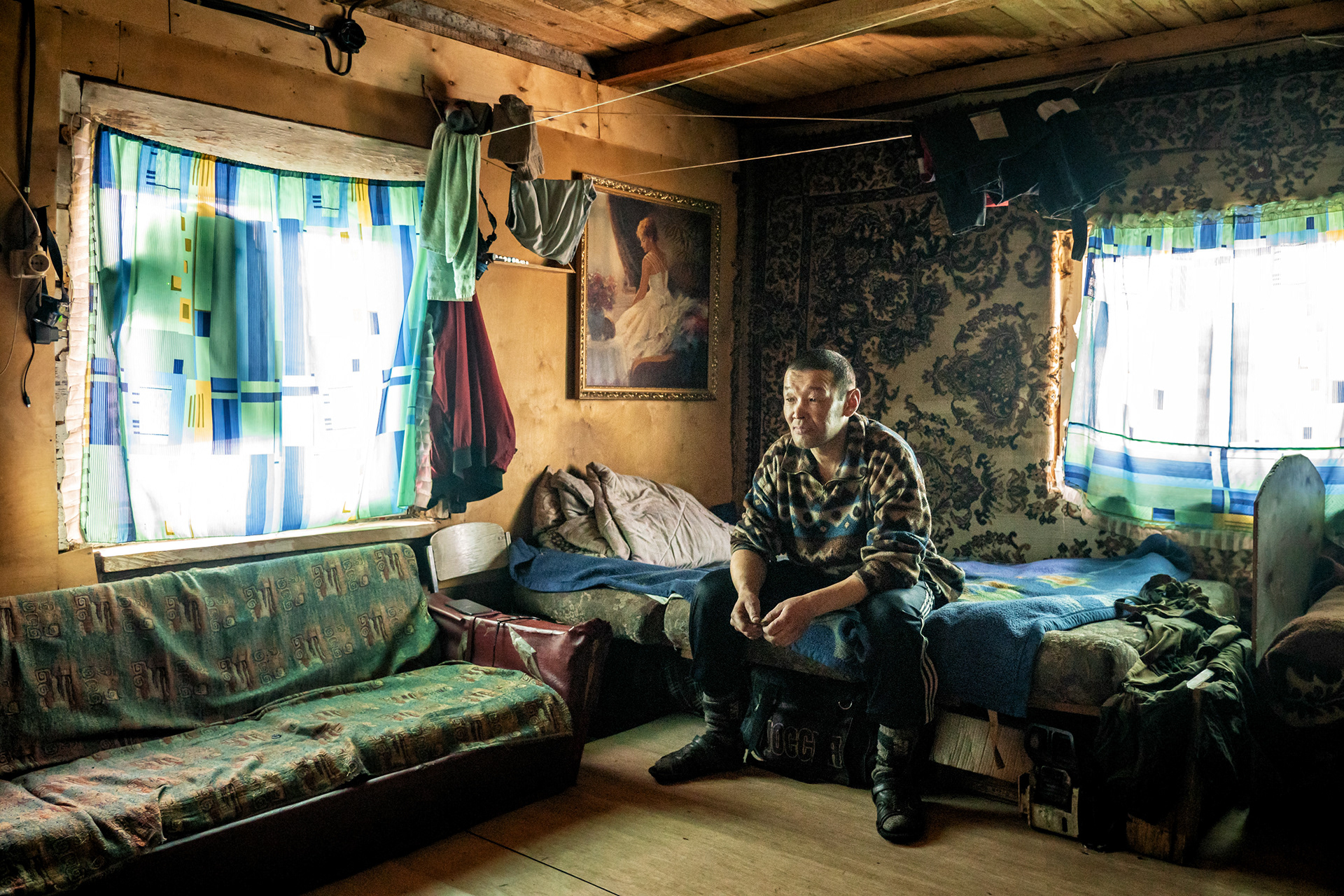
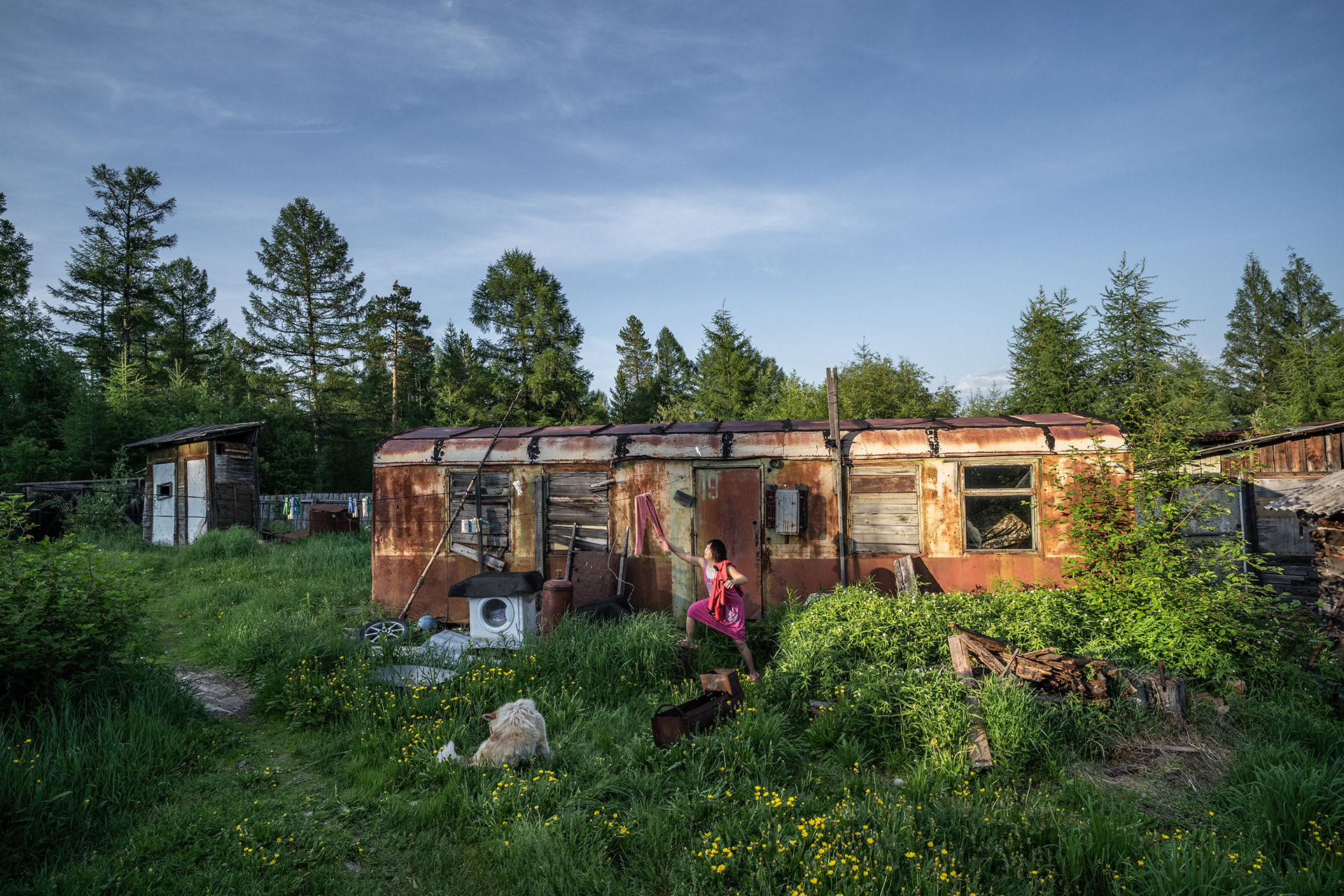
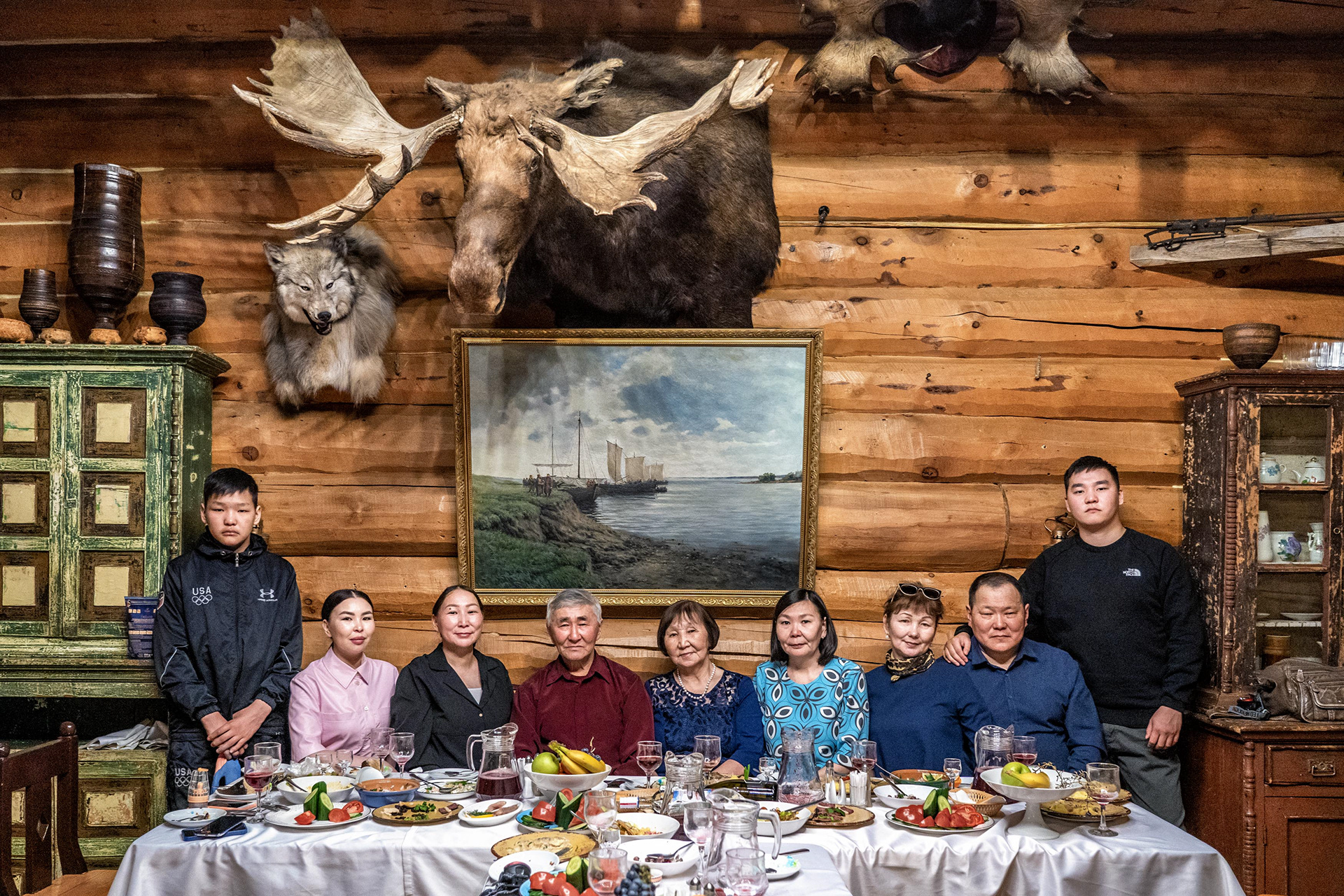
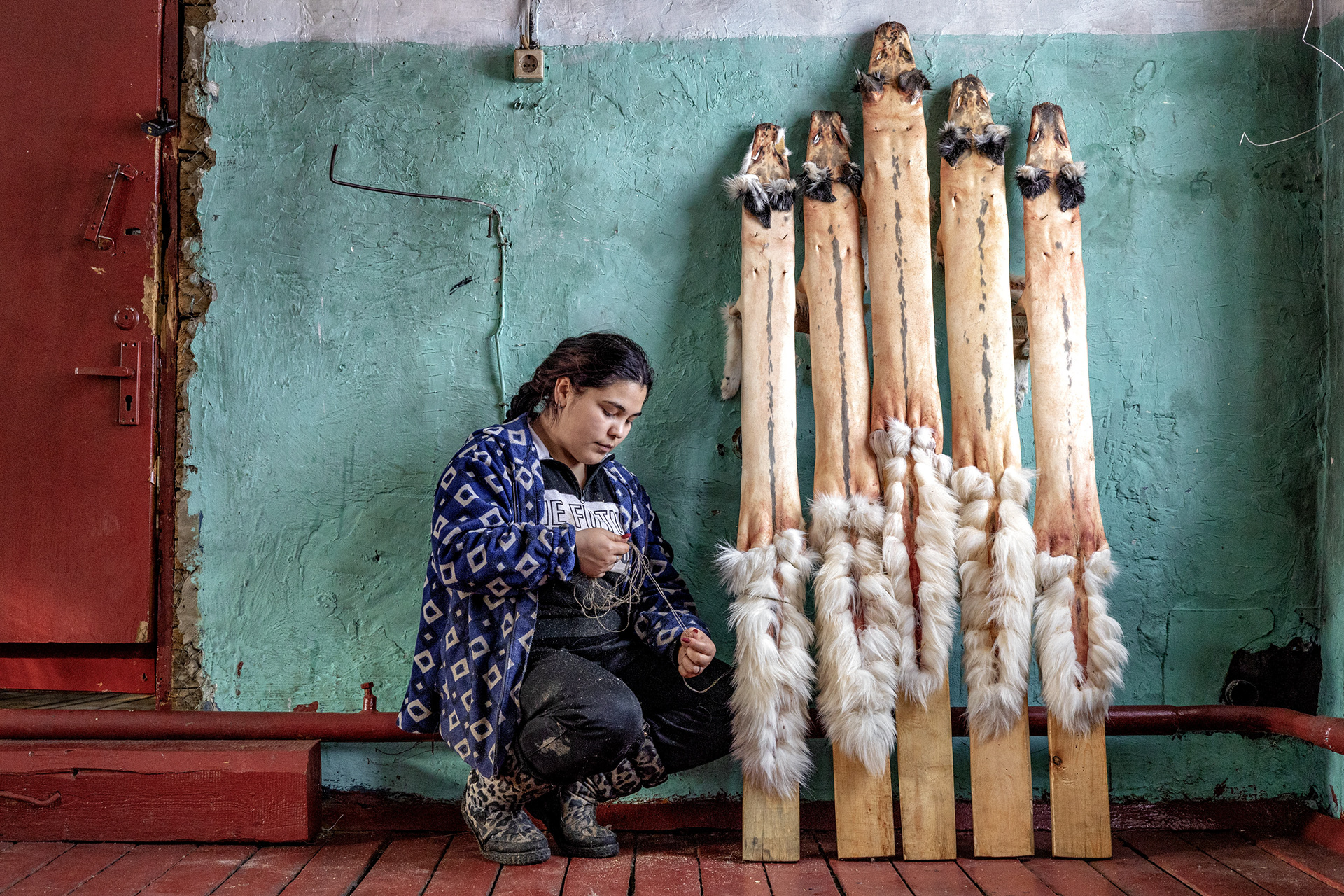
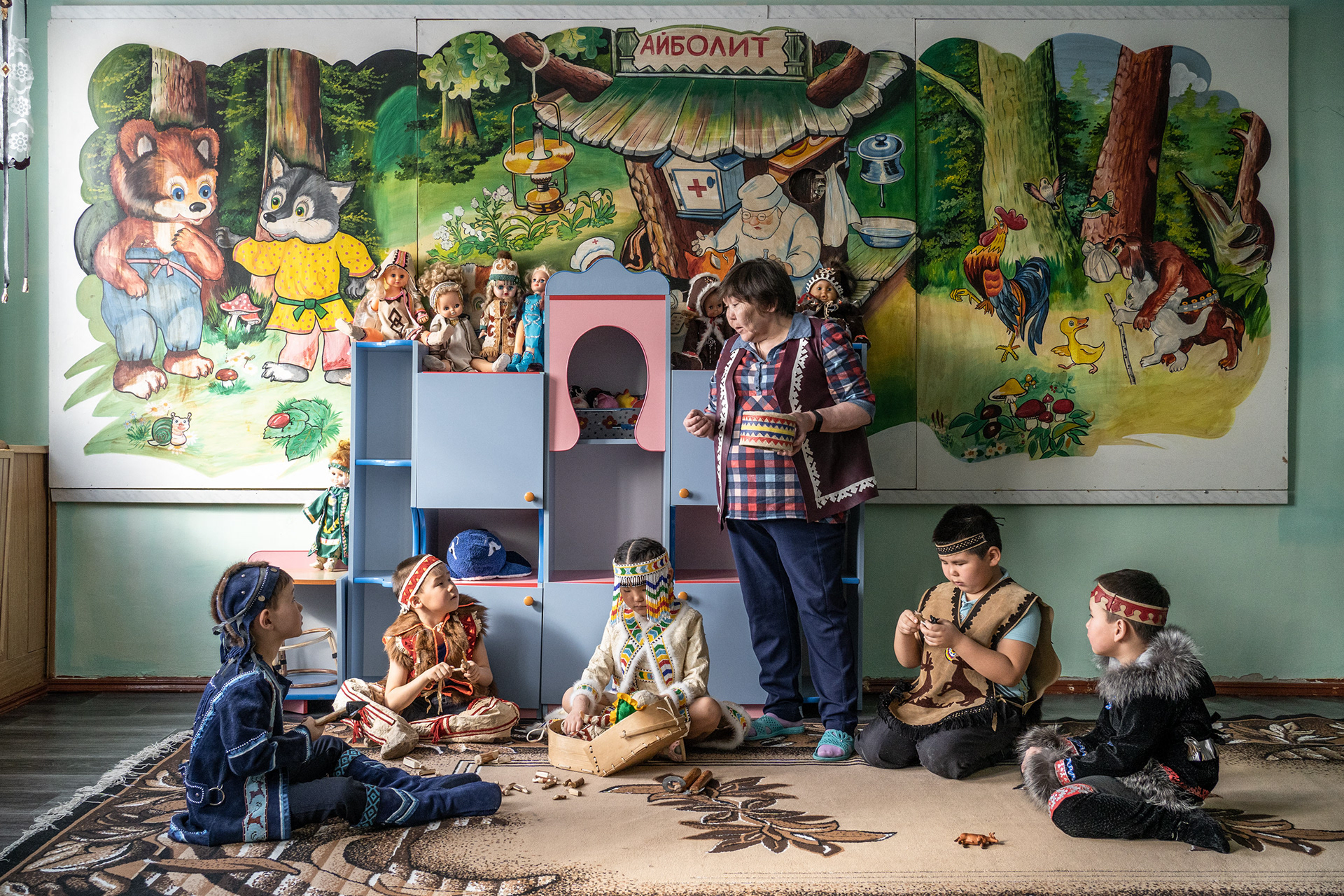
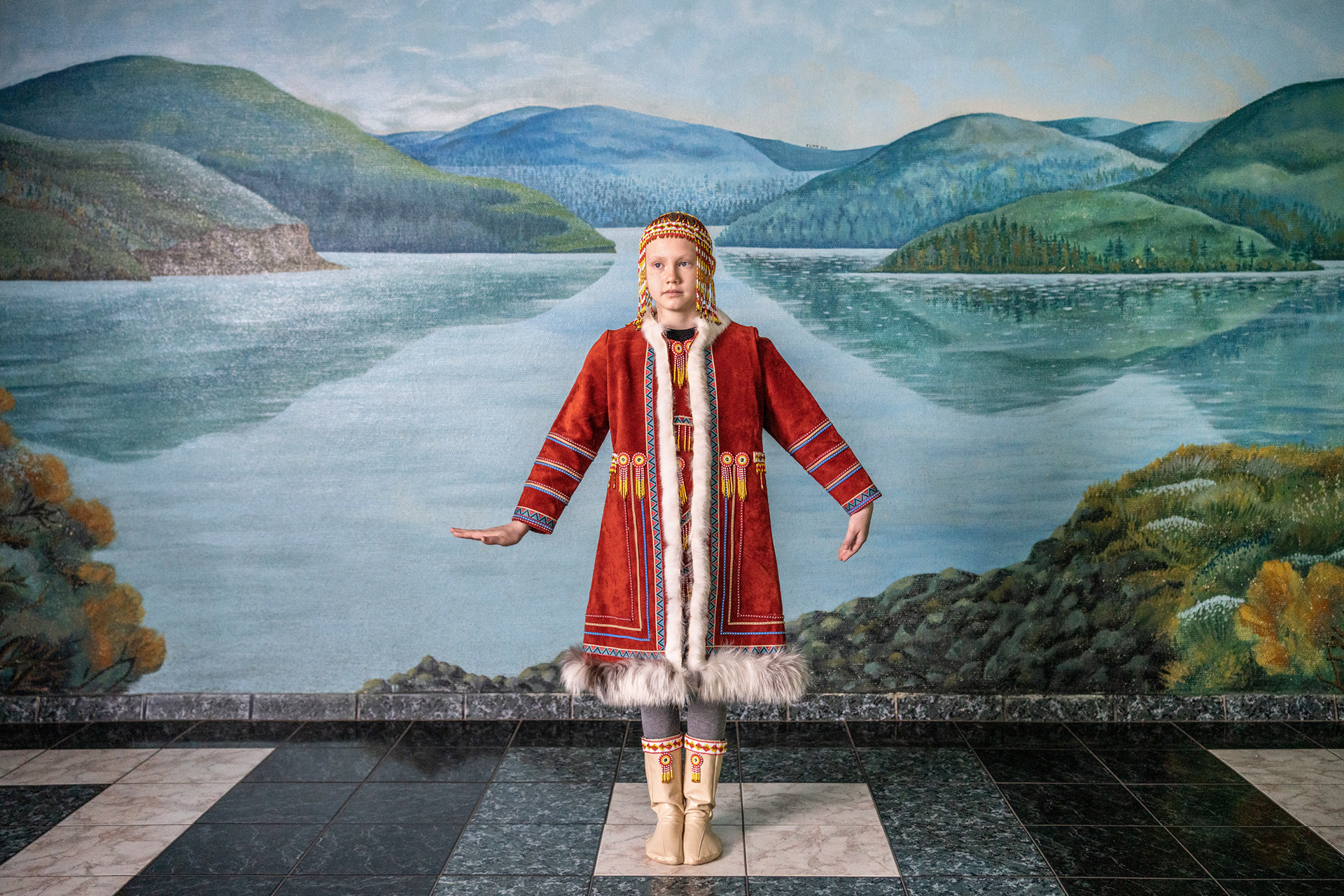
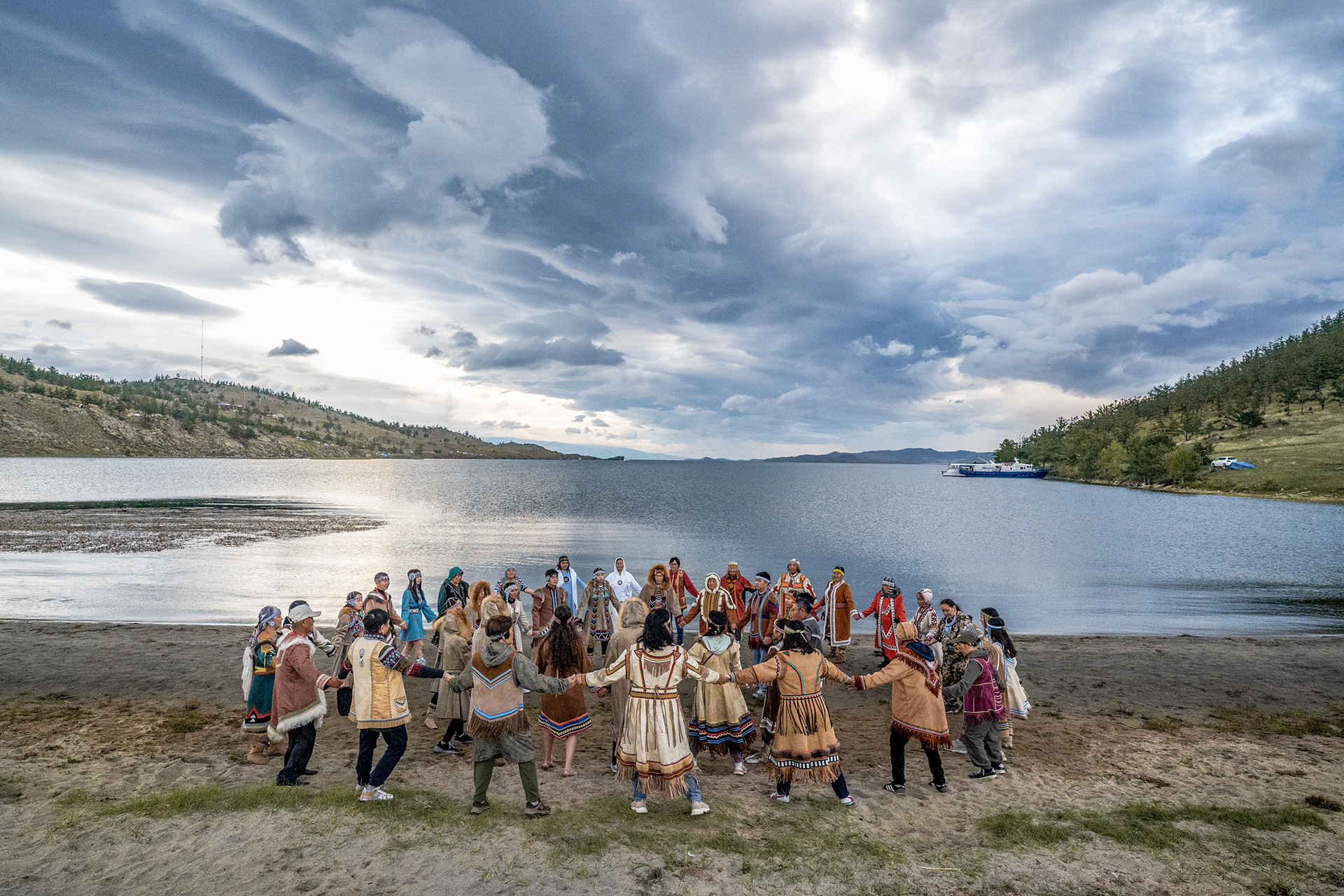
EVENKS, LES GARDIENS DES RICHESSES YAKOUTES
Ils font corps avec la taïga. Éleveurs de rennes, chasseurs de tradition, les Evenks connaissent tout de cette grande forêt froide. Mais en Iakoutie, là où le paysage est parsemé de mines d'or et de diamant, ce peuple autochtone se sent coupable d'avoir un jour « guidé » les Soviétiques dans leurs prospections souterraines. Aujourd'hui les futaies sont massivement abattues, les lits des rivières saccagés et les nappes phréatiques polluées. Les Evenks espéraient un meilleur lendemain pour leurs enfants.
Le 29 juillet 2022, sur une rive du lac Baïkal, les Evenks de toute la Russie se réunissent pour la première fois. Peuple autochtone d'éleveurs de rennes, ils ont trouvé dans le Congrès toungouse l'occasion de visiter leur site originel, berceau de leur culture. Plus récemment, les Evenks occupaient un vaste territoire allant du fleuve Ienisseï au Kamtchatka, de la Yakoutie jusqu'à la Chine.
Pour les Evenks, la nature qui les entoure est toute leur vie. Chasseurs de tradition, ils sillonnaient les forêts orientales de Sibérie depuis des siècles. Ainsi, les Evenks se sont installés dans les taïgas de Yakoutie, au milieu des mélèzes, des myrtilliers et des mousses de renne. Ils vivaient en présence du cerf, de l'élan, de l'ours brun, du renard, du grand tétras, de la zibeline, du taïmen, du brochet, du corégone, de la perche et de la truite. Ce n'est donc pas un hasard si la toponymie des sites naturels a des racines evenkes.
Pour leur noblesse, leur aisance et leur courage, on appelait ces nomades « les aristocrates de Sibérie ». Le costume officiel des hommes, semblable à une queue-de-pie, leur a même valu le surnom de « Français de la forêt ». Ce sont eux, les Evenks de Yakoutie, qui ont guidé les prospecteurs russes vers les richesses du sous-sol, jouant le rôle de mushers pour les géologues à qui ils ont appris à survivre dans un climat rude. Comme bon nombre de peuples autochtones ailleurs dans le pays, ils ont permis le développement industriel de l'Union soviétique.
Aujourd'hui, la Russie est le troisième producteur d'or, tandis qu'un diamant sur trois extraits dans le monde provient de Yakoutie. Tant bien que mal, les Evenks cohabitent avec les industriels qui exploitent leurs terres sacrifiées sur l'autel de la croissance économique. Ils le regrettent d'autant plus qu'ils espéraient un meilleur lendemain pour leurs enfants. La taïga est massivement abattue, les lits des rivières sont saccagés, les nappes phréatiques sont polluées, et les expertises ethnologiques en prévention de chaque chantier ne sont que trop rares, alors que la loi l'exige systématiquement.
La préservation des milieux naturels est pourtant la priorité des Evenks. Sans les rennes et l'environnement qui les nourrit, ils ne pourront plus exister en tant que peuple. Mais qui mieux qu'eux saurait prémunir la planète des bouleversements climatiques ? Eux, ces indigènes attachés à leurs terres, ces autochtones des quatre coins du monde. Ils font partie intégrante des écosystèmes. Ils les comprennent et savent les entretenir. Écoutons-les !
Pour les Evenks, la nature qui les entoure est toute leur vie. Chasseurs de tradition, ils sillonnaient les forêts orientales de Sibérie depuis des siècles. Ainsi, les Evenks se sont installés dans les taïgas de Yakoutie, au milieu des mélèzes, des myrtilliers et des mousses de renne. Ils vivaient en présence du cerf, de l'élan, de l'ours brun, du renard, du grand tétras, de la zibeline, du taïmen, du brochet, du corégone, de la perche et de la truite. Ce n'est donc pas un hasard si la toponymie des sites naturels a des racines evenkes.
Pour leur noblesse, leur aisance et leur courage, on appelait ces nomades « les aristocrates de Sibérie ». Le costume officiel des hommes, semblable à une queue-de-pie, leur a même valu le surnom de « Français de la forêt ». Ce sont eux, les Evenks de Yakoutie, qui ont guidé les prospecteurs russes vers les richesses du sous-sol, jouant le rôle de mushers pour les géologues à qui ils ont appris à survivre dans un climat rude. Comme bon nombre de peuples autochtones ailleurs dans le pays, ils ont permis le développement industriel de l'Union soviétique.
Aujourd'hui, la Russie est le troisième producteur d'or, tandis qu'un diamant sur trois extraits dans le monde provient de Yakoutie. Tant bien que mal, les Evenks cohabitent avec les industriels qui exploitent leurs terres sacrifiées sur l'autel de la croissance économique. Ils le regrettent d'autant plus qu'ils espéraient un meilleur lendemain pour leurs enfants. La taïga est massivement abattue, les lits des rivières sont saccagés, les nappes phréatiques sont polluées, et les expertises ethnologiques en prévention de chaque chantier ne sont que trop rares, alors que la loi l'exige systématiquement.
La préservation des milieux naturels est pourtant la priorité des Evenks. Sans les rennes et l'environnement qui les nourrit, ils ne pourront plus exister en tant que peuple. Mais qui mieux qu'eux saurait prémunir la planète des bouleversements climatiques ? Eux, ces indigènes attachés à leurs terres, ces autochtones des quatre coins du monde. Ils font partie intégrante des écosystèmes. Ils les comprennent et savent les entretenir. Écoutons-les !